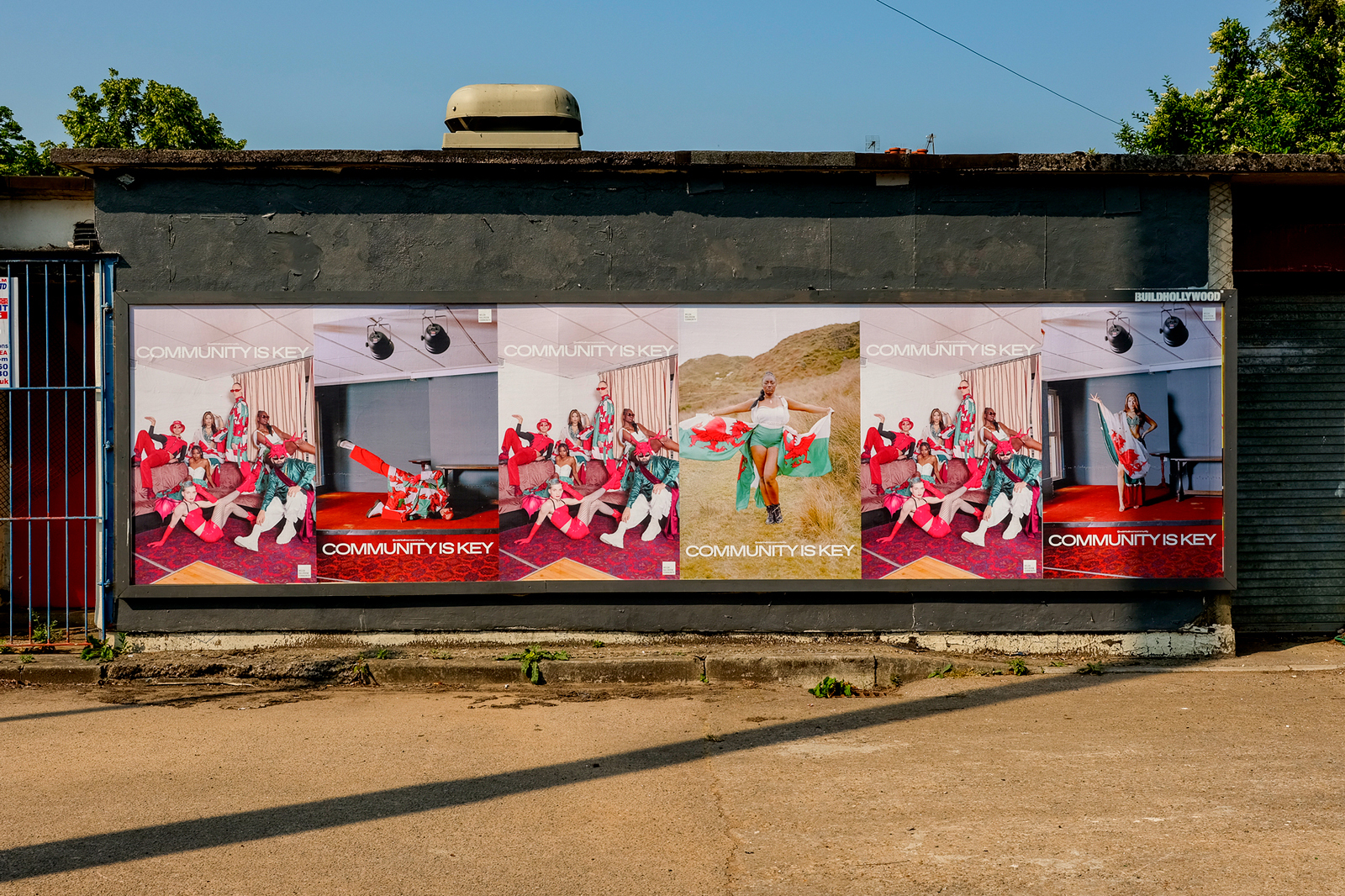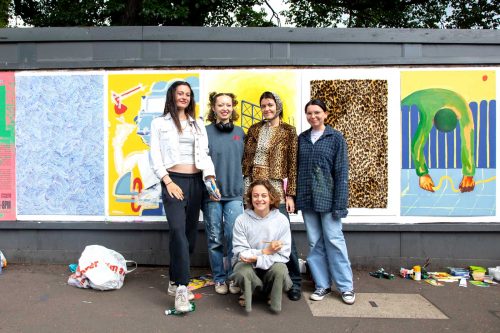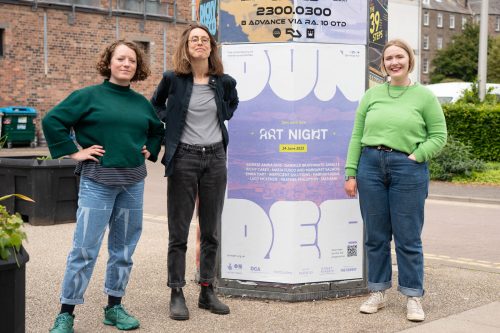What kind of Welsh twists are you bringing to ballroom culture?
Leighton: WBC are committed to promoting and respecting the Welsh language and its cultural heritage. We are exploring ways to develop our ability to use the Welsh language and other languages in our ballroom culture. We are currently in the early stages of researching Welsh folk stories, to see future opportunities of merging Welsh heritage and Ballroom. We recognise that this is a process, which will take time and development. WBC is diverse and multicultural, as it caters to the LGBTQ+ community and QPOCs who paved the way for ballroom.
What else should we know about the Welsh Ballroom scene?
Leighton: The Welsh Ballroom scene is currently thriving with exciting new projects, as well as focusing on building a sustainable organisation through establishing strong relationships with ballroom pioneers, icons, legends, and local companies. Not only have we built strong bonds with National Dance Company Wales, we recently worked with Theatre Gen Cymru on our first R&D together.
Can you describe what it’s like at one of your weekly sessions?
Leighton: Our weekly sessions are a safe space for the LGBTQ+ community to come and learn about the Ballroom scene and the origins of Ballroom. We start our sessions introducing ourselves in a circle and ask people to share their pronouns. We then focus on a specific category each week – there are many categories in Ballroom – so it’s important to educate the community on the various categories so each member can find what categories interest them.
Tayo, what would you add to that?
Tayo: It’s been a mind-blowing adventure to see WBC grow right from the beginning. The beauty of what we’ve done is the people we’ve connected with – in London, Bristol, Rotterdam, and Athens. The relationships we’ve built over time has allowed us to learn more about the origins of ballroom, especially from the icons and pioneers. One of the responsibilities we have is acknowledging and respecting the history. For us it’s always been about understanding and respecting what ballroom represents for all of us and bringing it to the 21st century with our own personal stories and journeys. It’s such been huge healer.
What have you had to learn in order to create the Welsh Ballroom Community?
Tayo: It’s been a massive eye-opener and learning process. We’ve had to do so many things, from looking into funding applications late into the evenings, becoming a CIC and becoming co-directors. It’s not just about creating WBC for the present, it’s about a legacy for future generations. We want to create a safe space for those who need it. We want it to grow and thrive, from generation to generation.
On a practical level what does the WBC umbrella offer?
Leighton: We offer a safe space every Thursday. It’s open to the community, anybody who’s interested. We share the history of ballroom. Some people might just want to learn about the culture. Some of us are now more experienced – we’ve walked balls internationally – and now we have closed sessions where we’ll train for upcoming balls. Now we’re asked to do performances, maybe a grassroots event or something big. Last year we did our first Pride together, which was the Big Queer Picnic, then we went to the main stage at Pride. It’s not just about getting paid. We did the Eisteddfod which is the biggest Welsh festival. We’re building the legacy but we’re supporting different types of events and organisations in Wales.
In traditional ballroom communities there might be housing or things that replicate family structures for people who’ve been kicked out of home. Is there any aspect of that you’re offering?
Tayo: We’re hoping to do more of that in the future. We support each other as best we can. Some people are feeling overwhelmed by what’s happening in the world. One of the things Leighton has done is set up WhatsApp groups so we can check in with each other. We’re trying to build relationships with different organisations, from health and safety to mental health, which is one of the biggest areas we’re focusing on.
So more signposting people to organisations rather than offering it yourself?
Leighton: It’s been such a learning curve and we have such a big responsibility. We didn’t know what was needed from us, and how much help and support the community needs. We’d love for one day to have our own house for people who might be disowned by their family, or who just need that safe space. It’s early days. We’ve only just got onto the funding side, but there will be things we don’t know about because there’s no-one helping us with what we should be applying for.
Tayo: There are some areas we haven’t been sure of. We’ve had to do it with little or no guidance. Right now, we’re looking into taking training for the WBC committee so we can be able to deal with things from a business aspect but also provide a mental health and wellbeing structure.
I thought it was interesting that you have a committee structure. Can you tell me how you’re organised, and why you’re organised like that?
Tayo: We thought it was important. Leighton set up the committee group. A few of us offered to be part of it. We have regular committee meetings, where we discuss upcoming training, who’ll be leading the sessions, arranging timings and locations.
Not everyone who sets up a grassroots thing would set up a committee. Is this something you observed in other ballroom communities? There’s a great Welsh history of worker’s rights… does it come from there?
Leighton: When we had to start applying for funding – this was new language for us. We just want to walk balls, but we realise that what we’re doing is very serious and takes a certain type of organisation to run it. We couldn’t apply for funding if we weren’t a CIC. We found that the best way to navigate and for everything to run smoothly, we needed a hierarchy.
What do you have in terms of access to space, and what do you need?
Leighton: The National Dance Company of Wales offer us ‘in kind’ support every Thursday. It’s a beautiful studio and we’re incredibly grateful, but it would also be amazing to have access to our own space. The demand is there now, and we want to do extra sessions. This year we’re going to be walking a lot of balls and we don’t have access to studio space. It’s been a struggle. Me and Tayo have had to put our own money into stuff. I’m OK with that. It’s my baby. We want it to become what it’s becoming but we’re getting to that stage where we’re in debt, getting into our overdraft. It’s been hard but we know it’s for the greater good. Having access to our own space would be amazing.
What’s happening with Clwb Ifor Bach?
Leighton: We previously hosted our second Kiki Ball at Clwb Ifor Bach, which successfully sold out. Clwb Ifor Bach will continuously support WBC for upcoming events, and we’ll be hosting Nosweitha Vogue and JXHO soon.
Is there a Welsh language aspect to what you do?
Leighton: We’re often asked this a lot. In Wales, if you produce work and you’re using Welsh language you have access to more funding. We’re in Wales, we should be proud. One of our members speaks Welsh. We’re happy to try and learn. It’s important for us to represent our country, be proud of our heritage and have people who speak Welsh.
In an ideal world, what would be there for you in terms of structural or practical support? You’ve talked about access to space, funding. Is there anything else you’d add?
Leighton: Ballroom is expensive. If you want to do things regularly you need to have outfits that are amazing. We’re still grassroots. When we make money from balls or gigs or events it goes back into the community, to pay for admission, travel, and accommodation. We’re trying to keep the cost down as much as possible. In the future, it’ll be important we’re on a salary. We know it’s for the greater good but for us to run sustainably there’s a lot of things that need to change.
What kind of co-signs have you had that we should know about?
Tayo: We’ve previously collaborated with local Welsh fashion brands, such as Llên Studios, Spare Me and The Sustainable Studio to promote sustainable fashion.
Additionally, we’ve co-signed with The Queer Emporium to support our LGBTQ+ communities. Lastly in November 2022, we collaborated with Fast Track Cardiff and Vale to promote HIV Testing Week.
What’s coming up for WBC?
Leighton & Tayo: That’s a surprise, which we can’t wait to share with you.


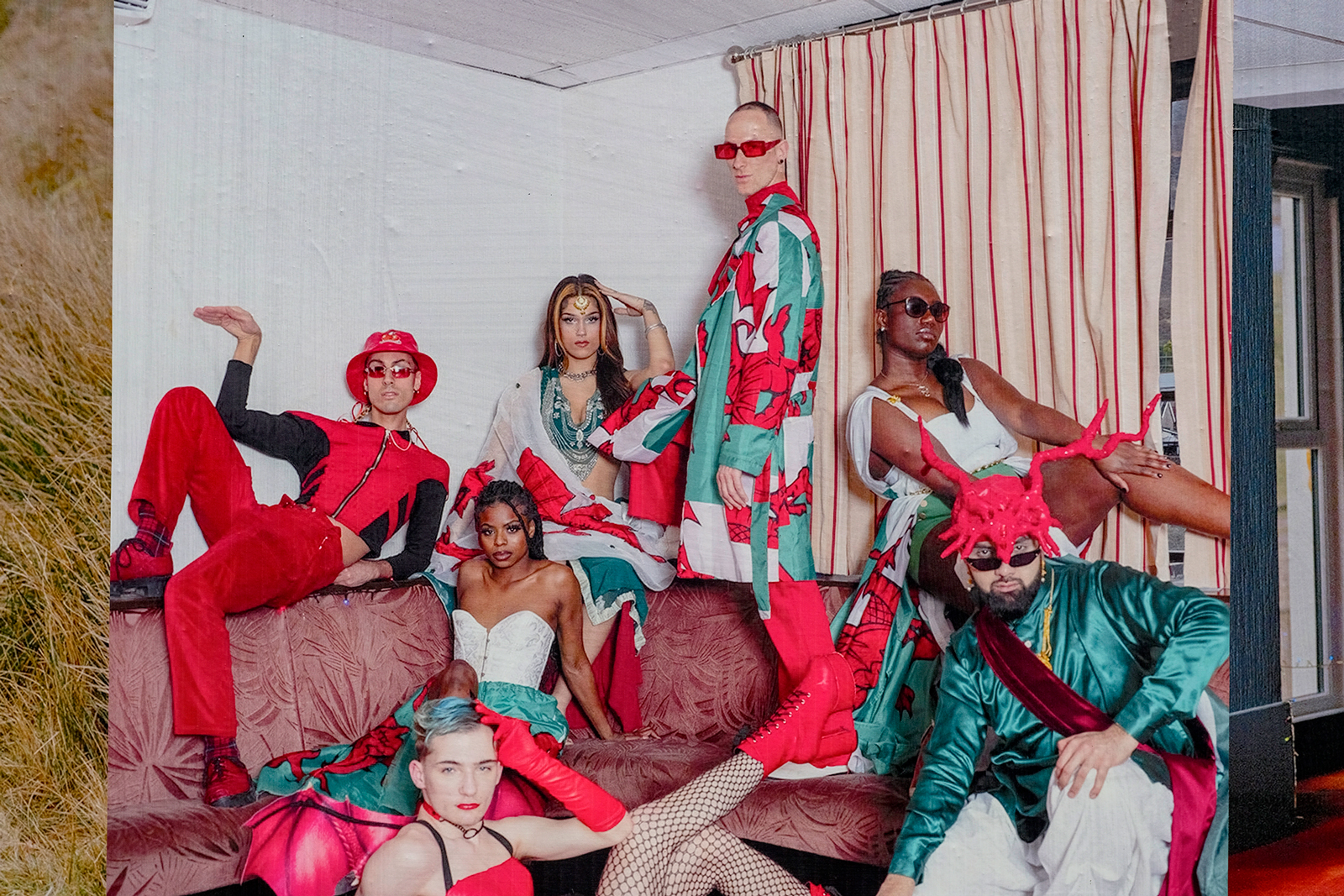
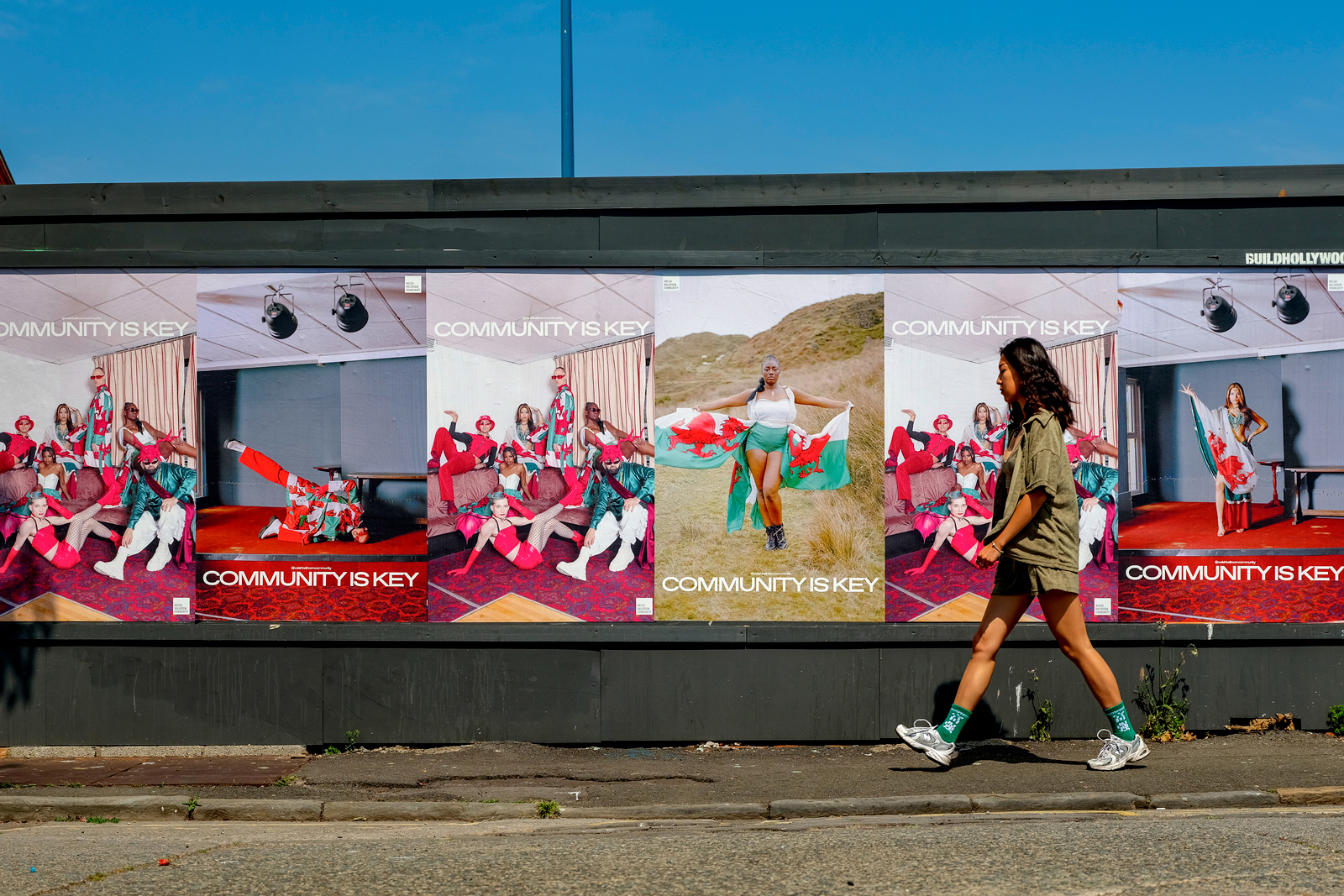
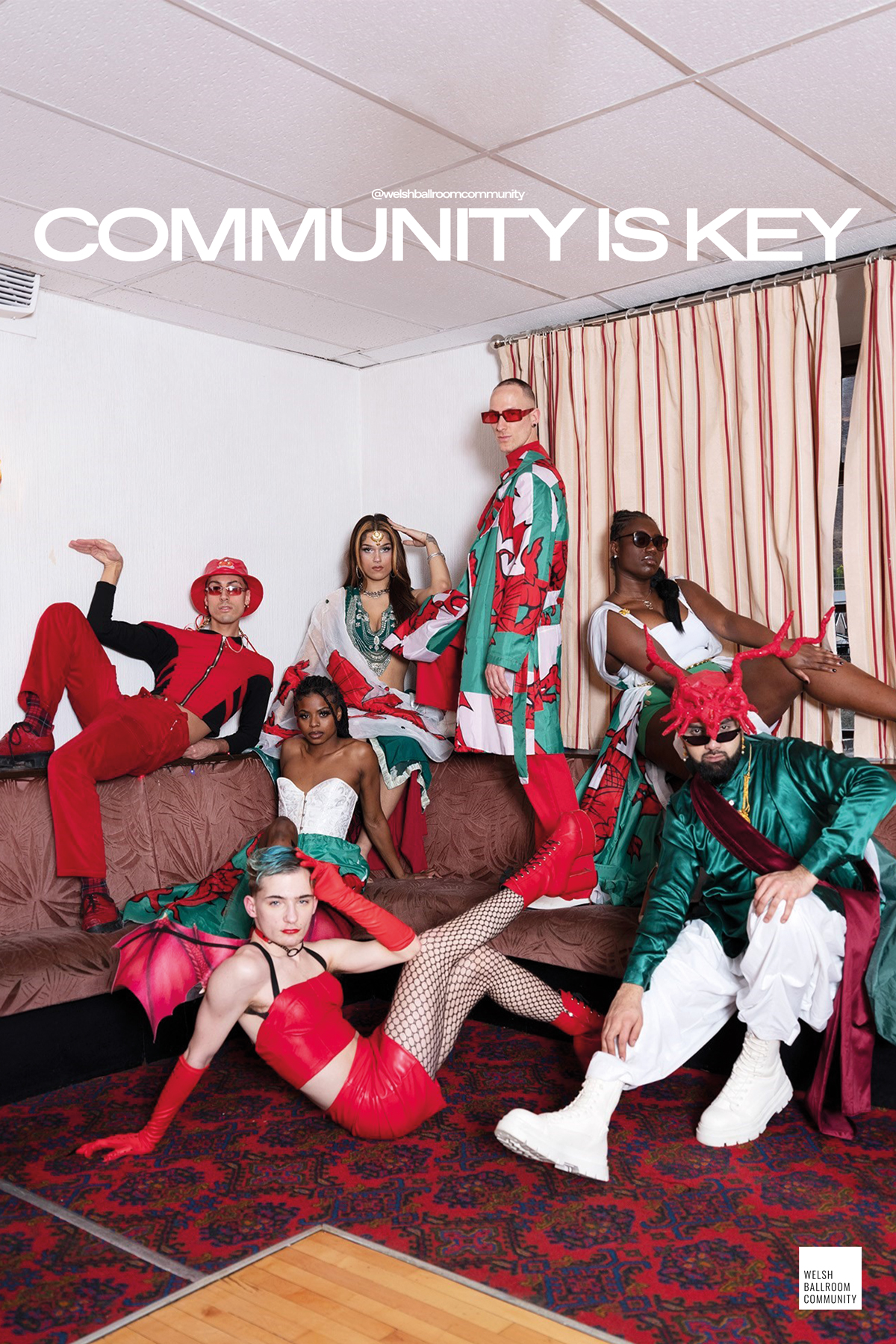
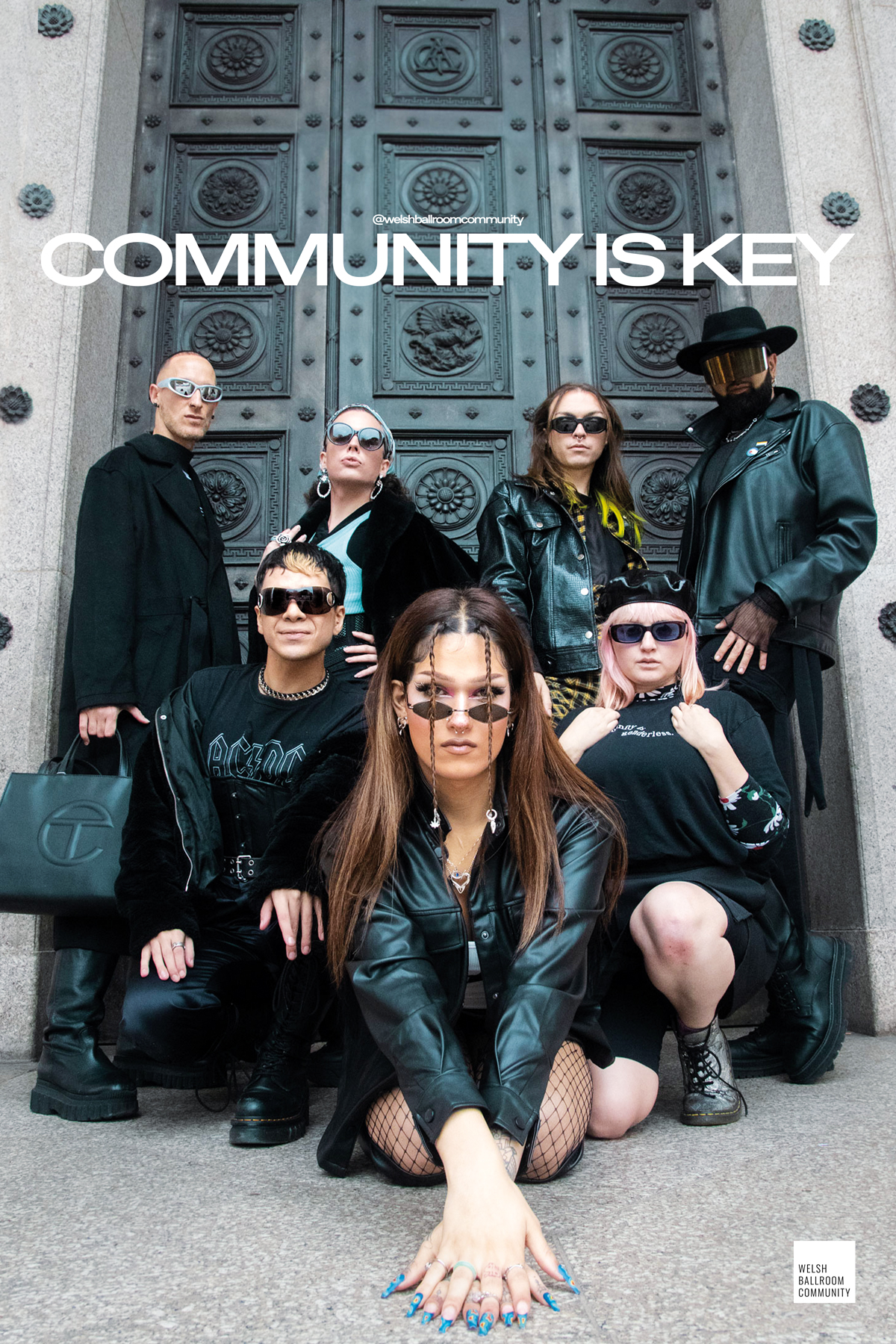
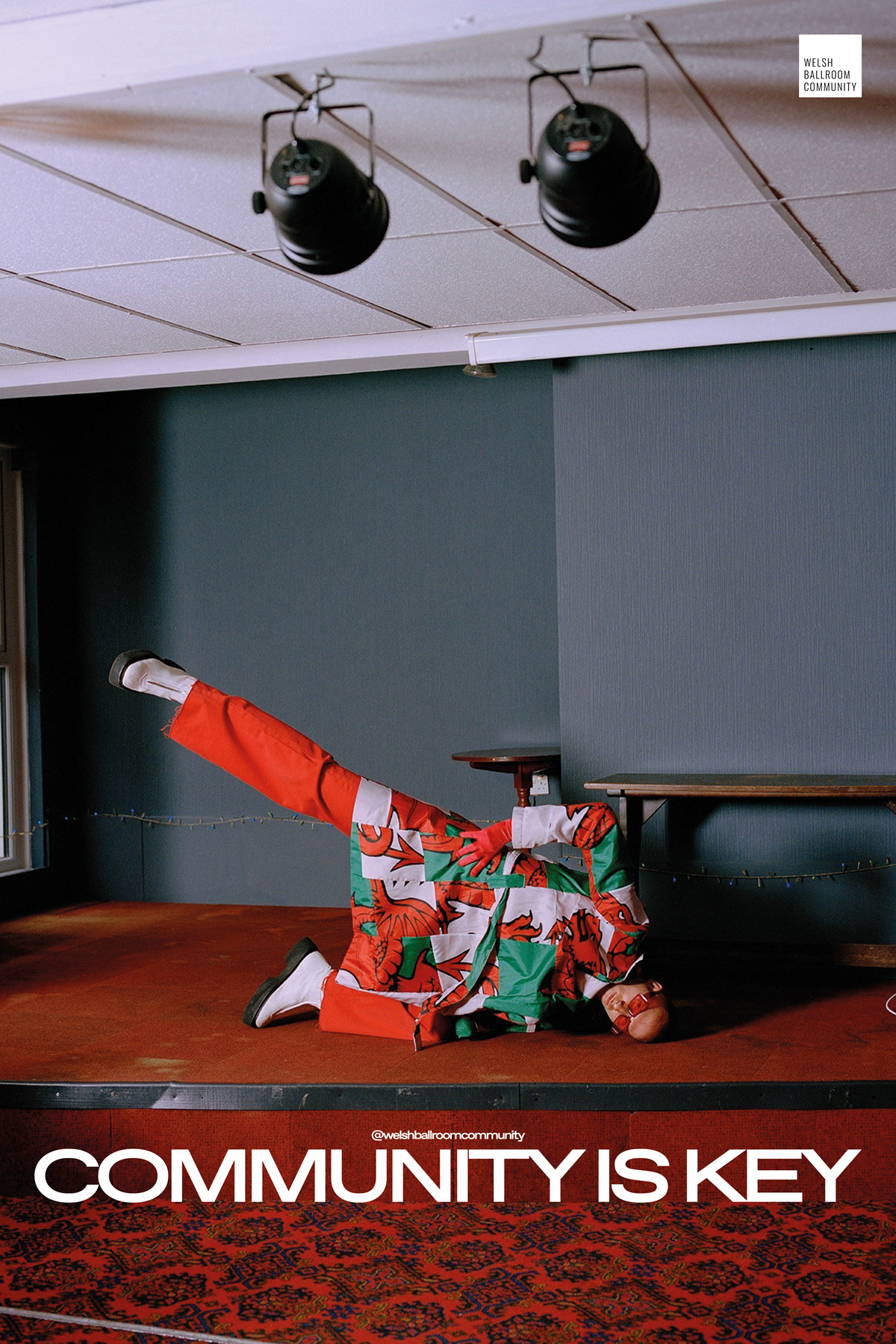
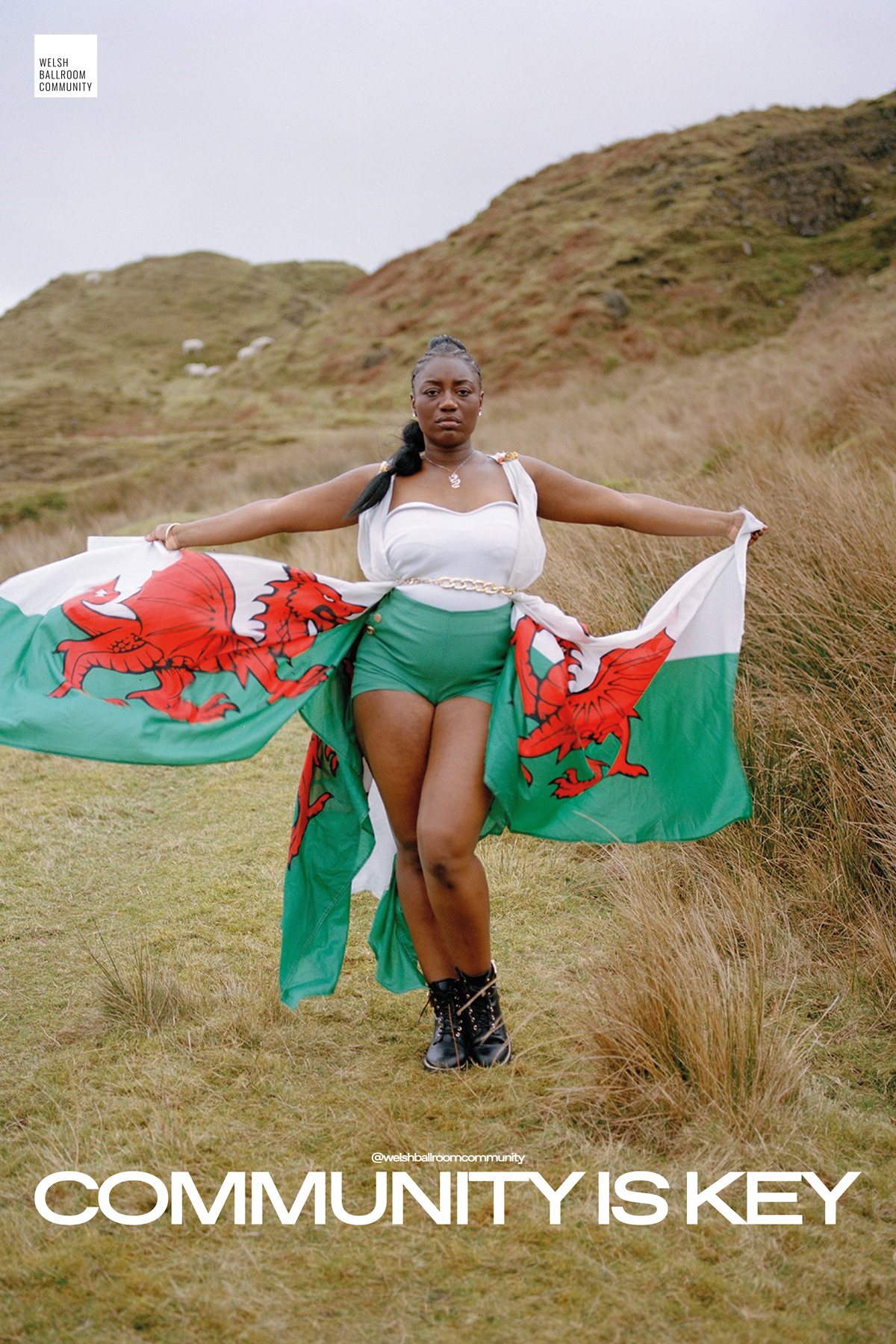
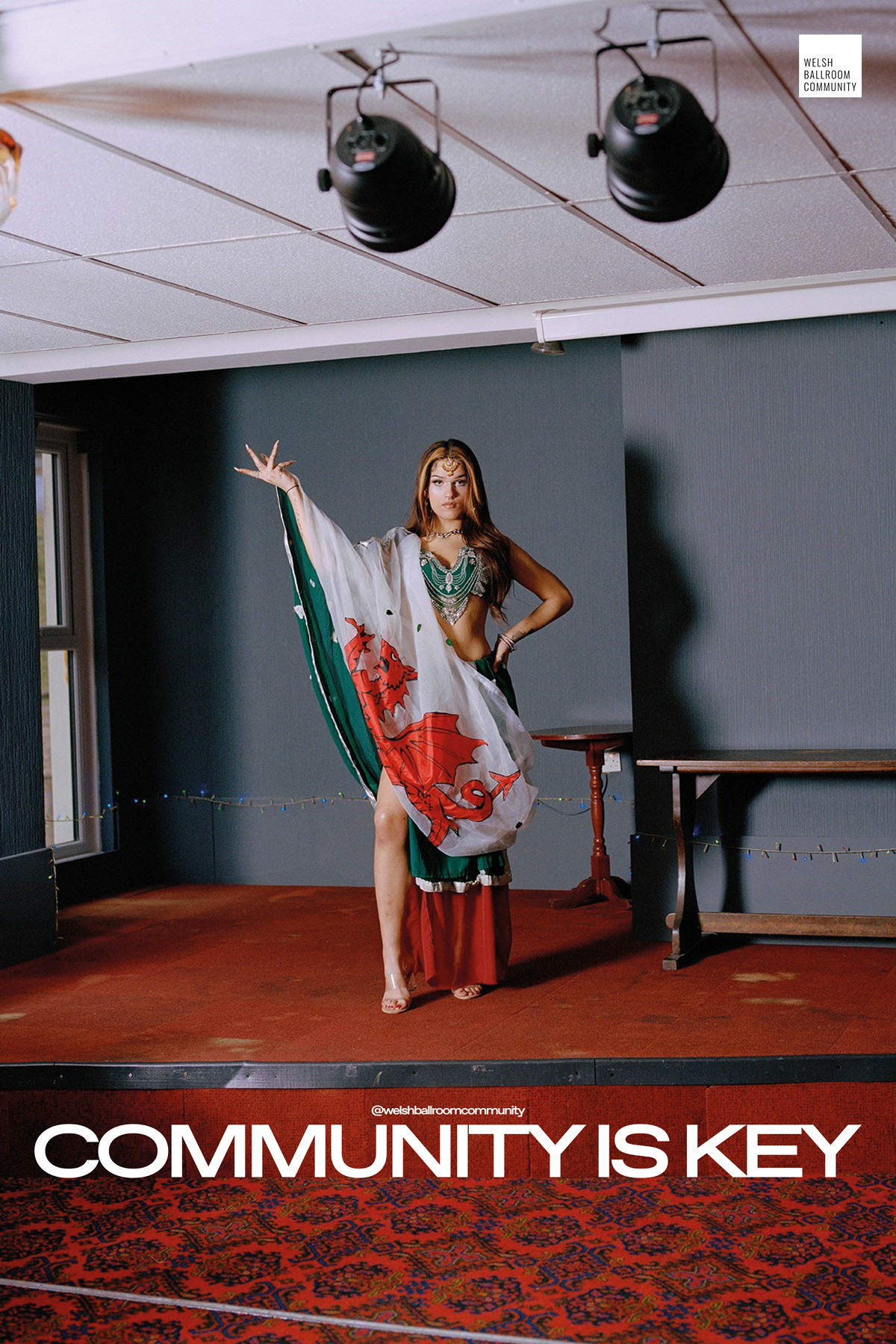
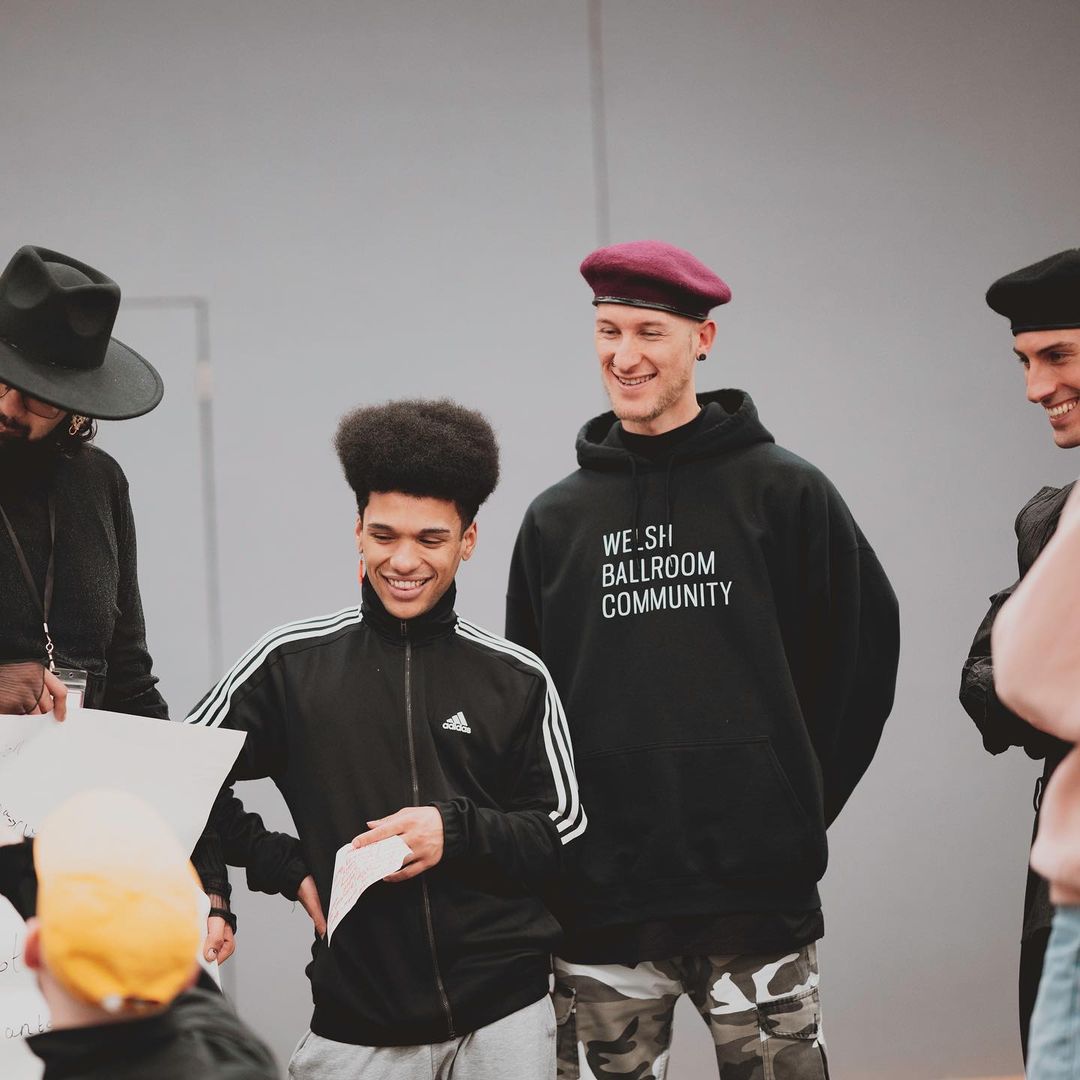
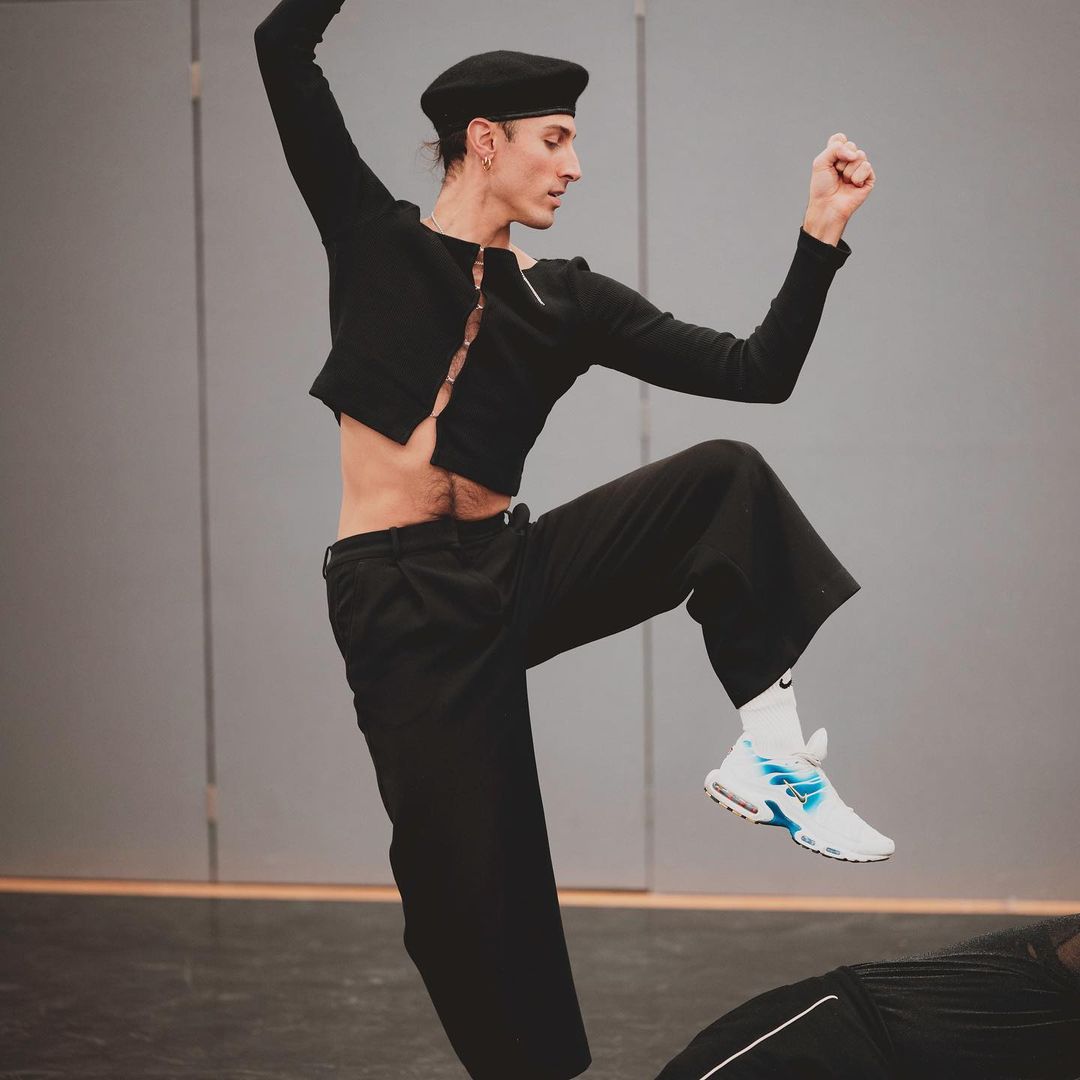
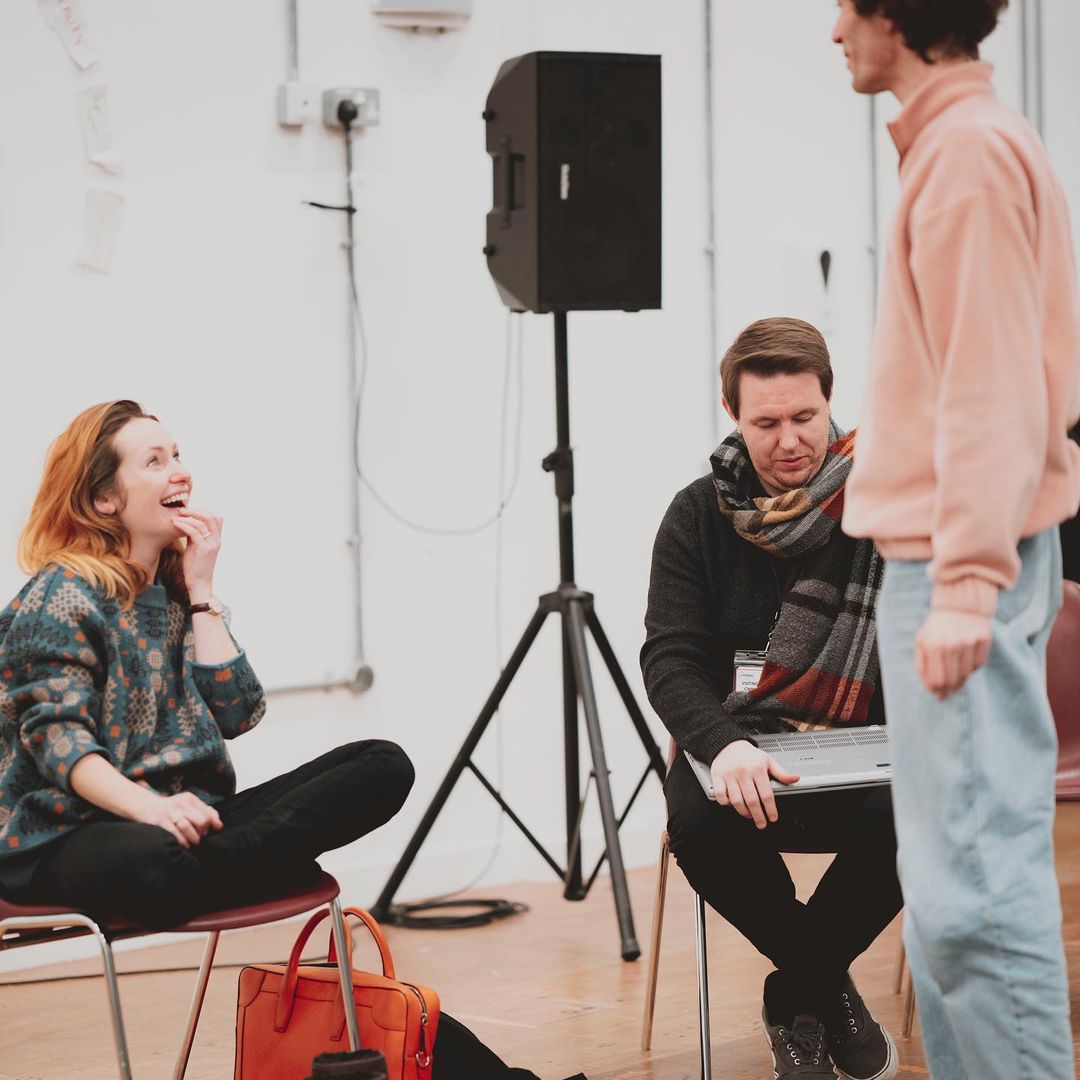
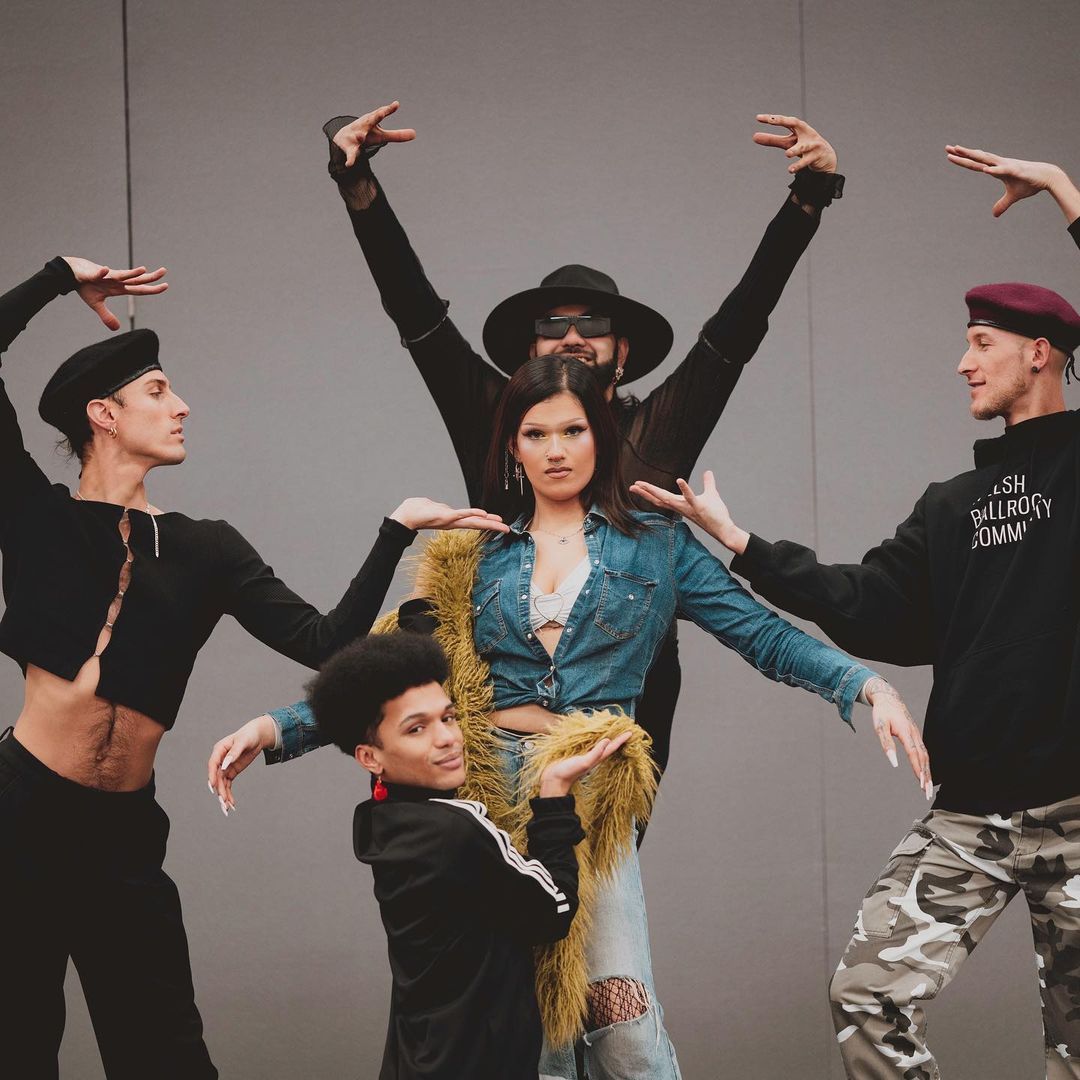
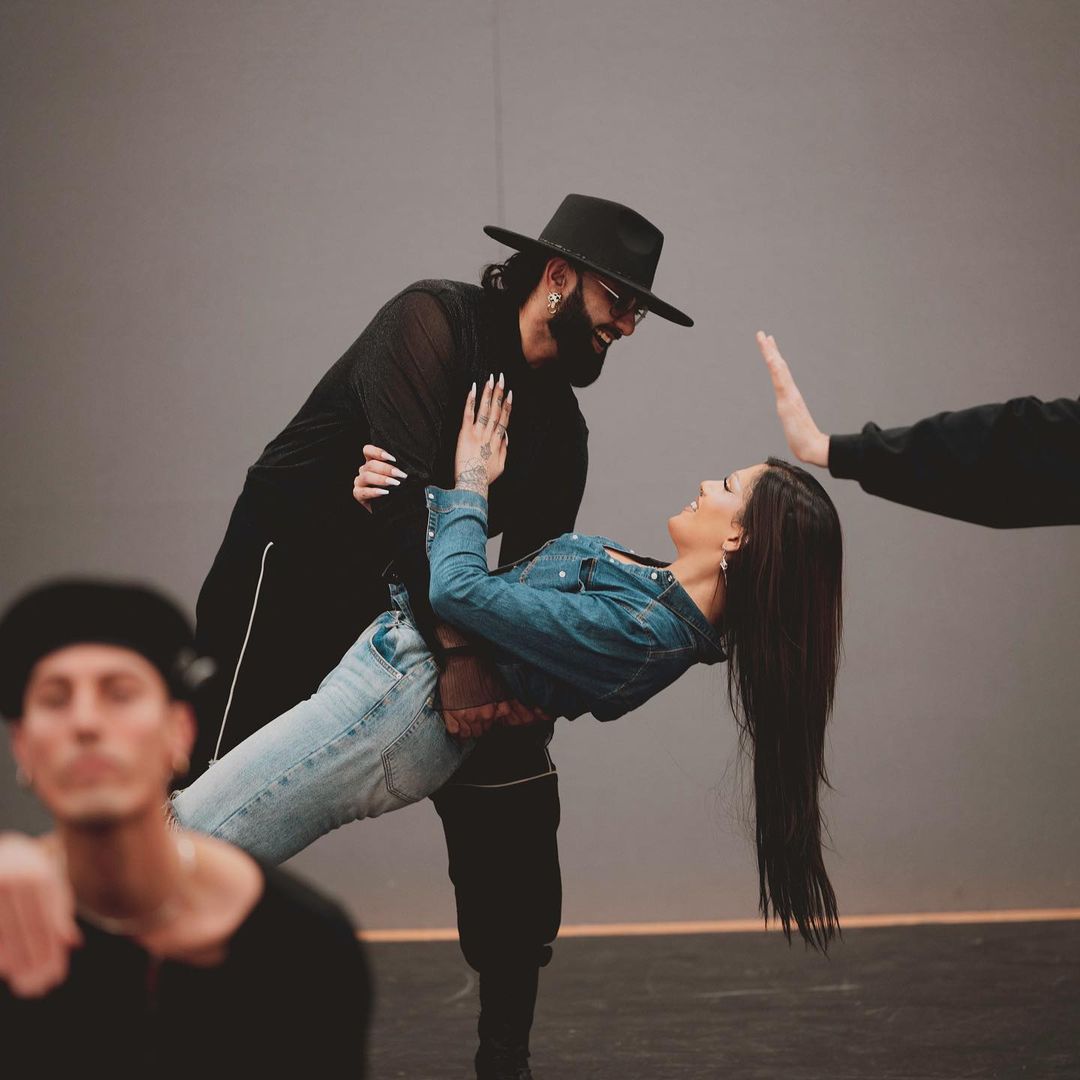
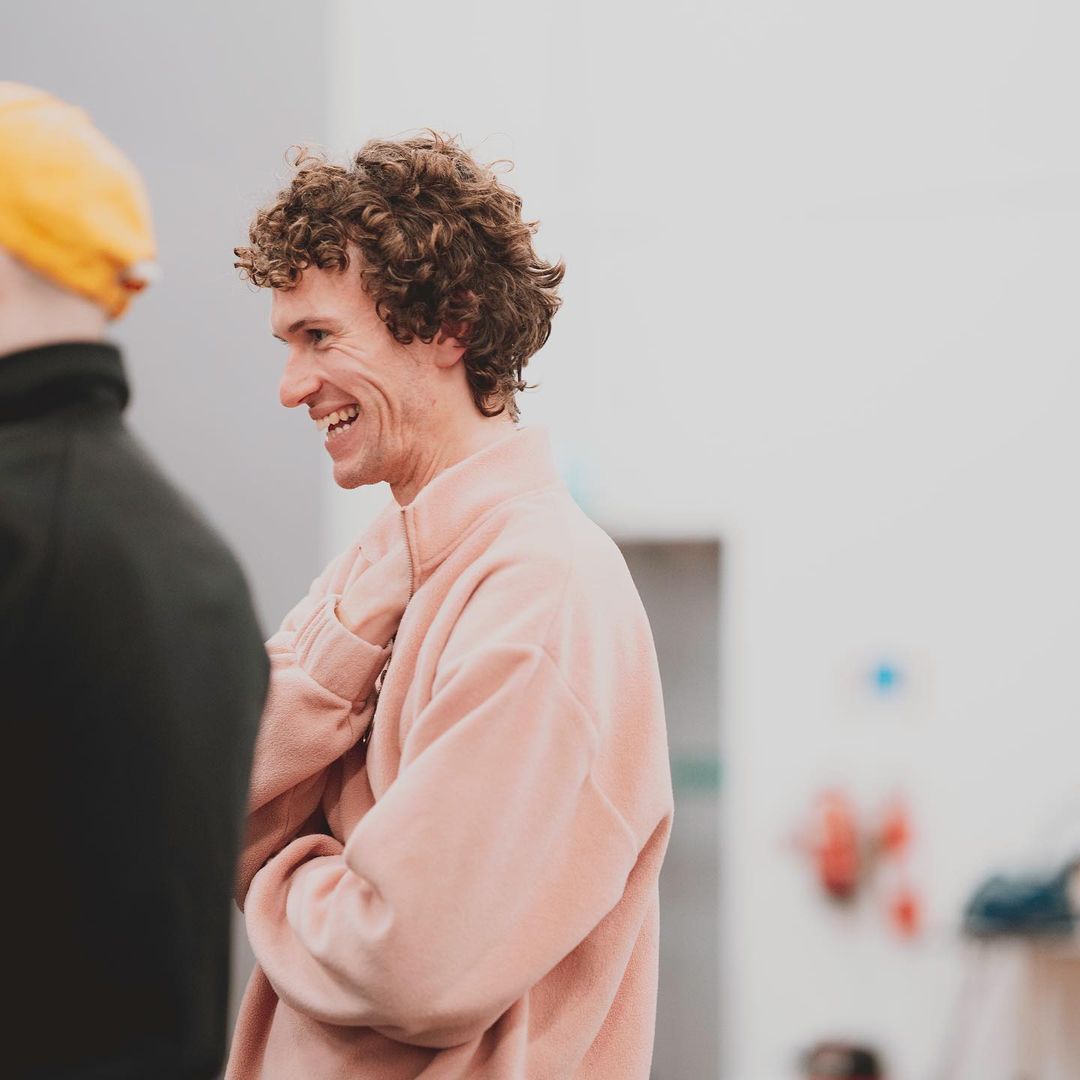
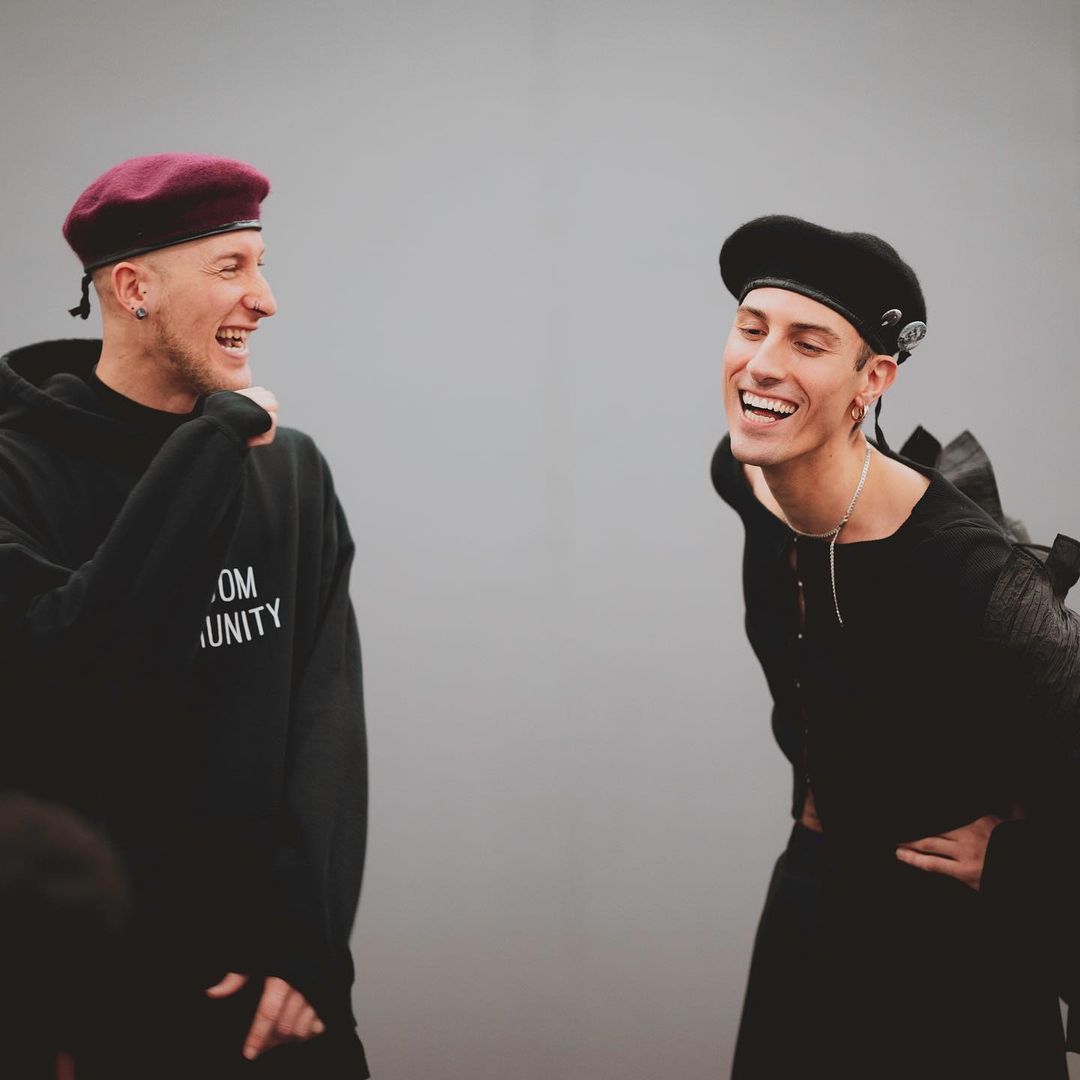
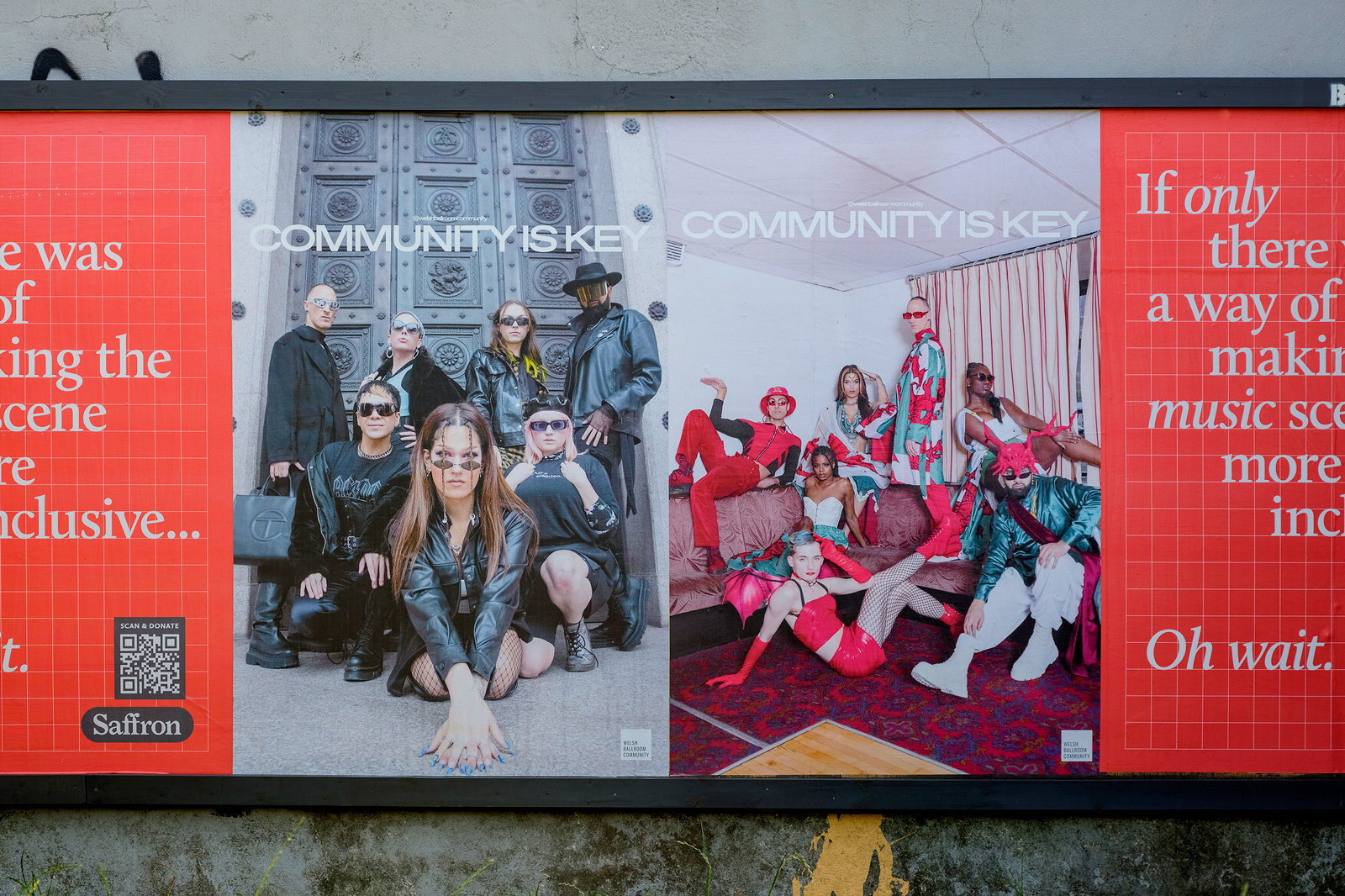
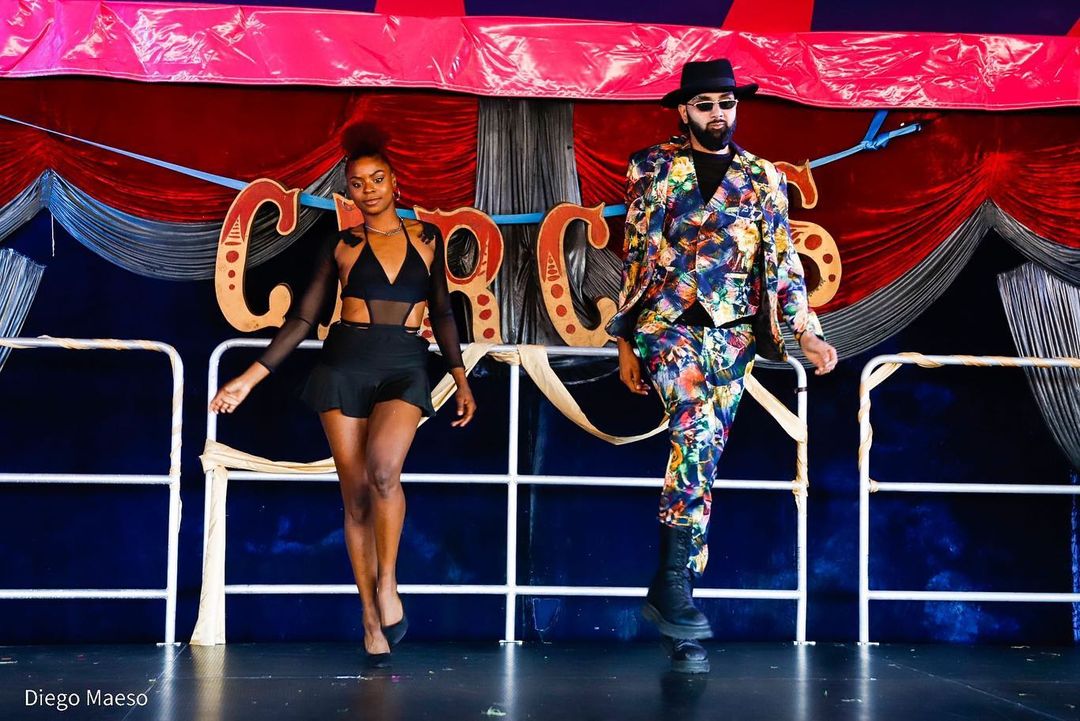
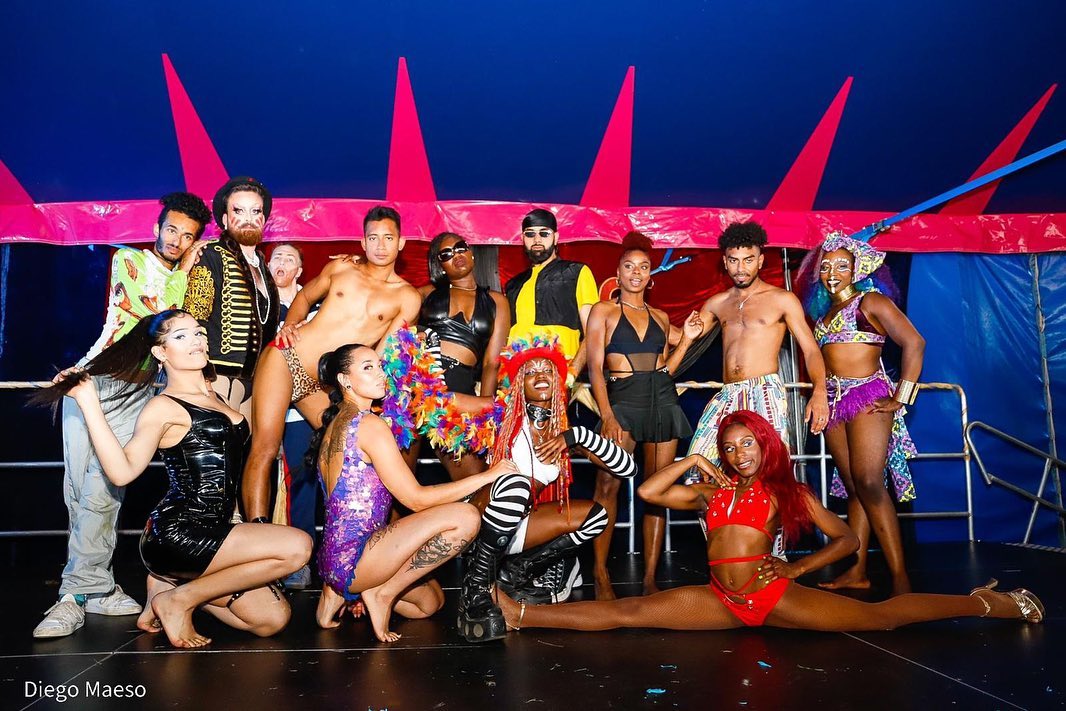
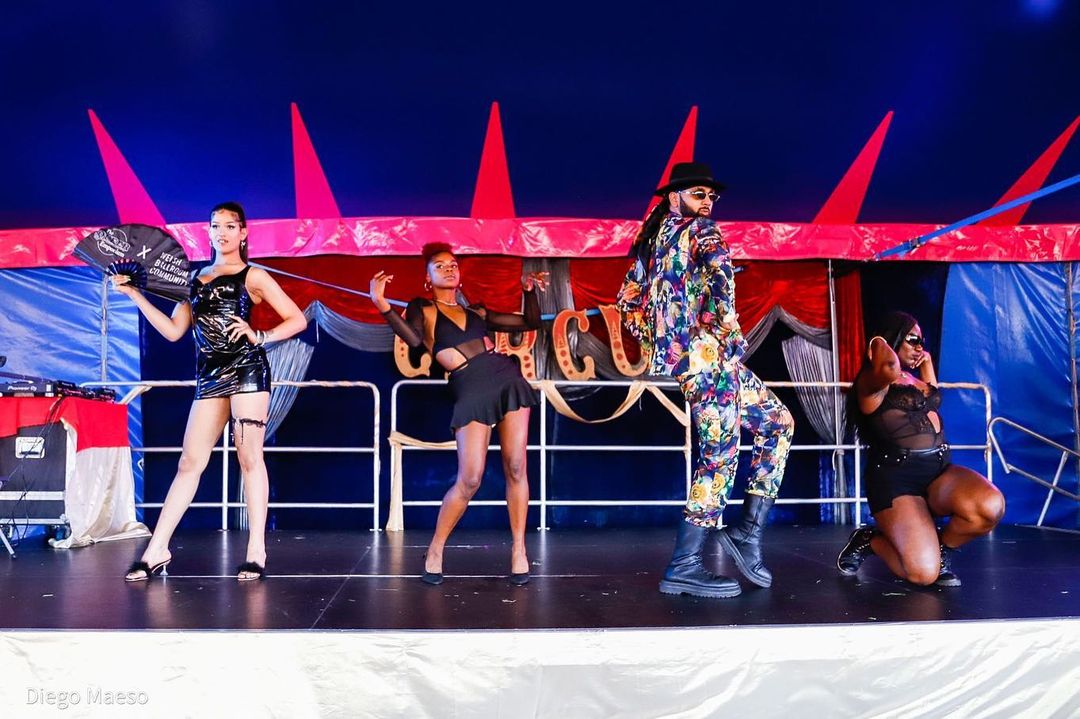
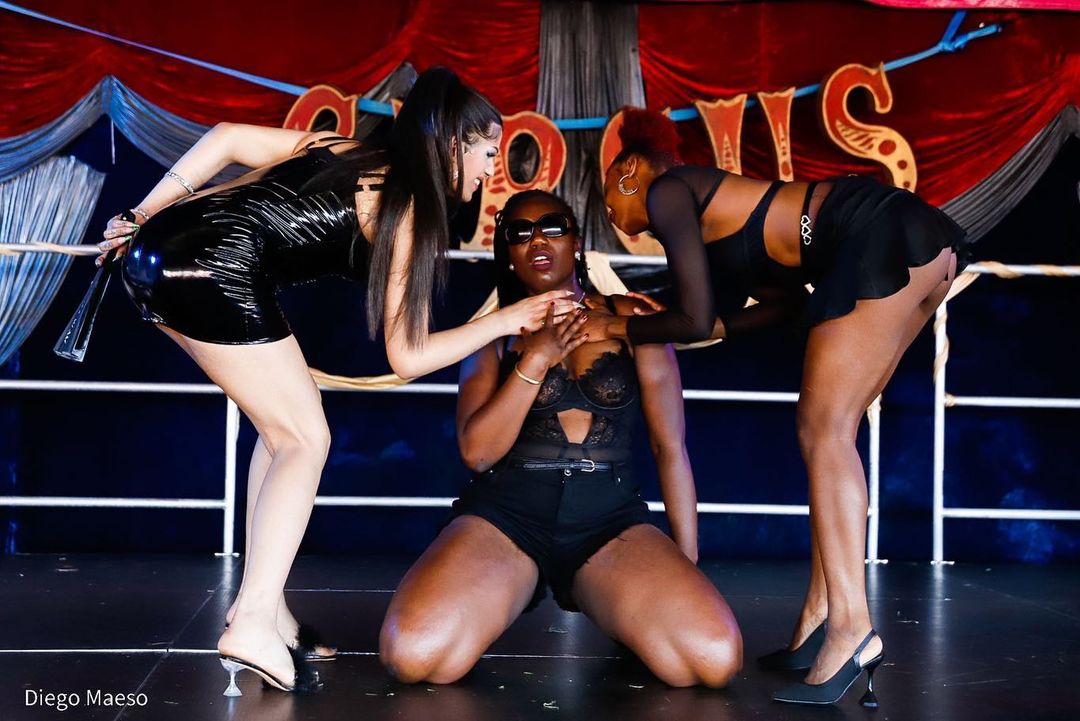
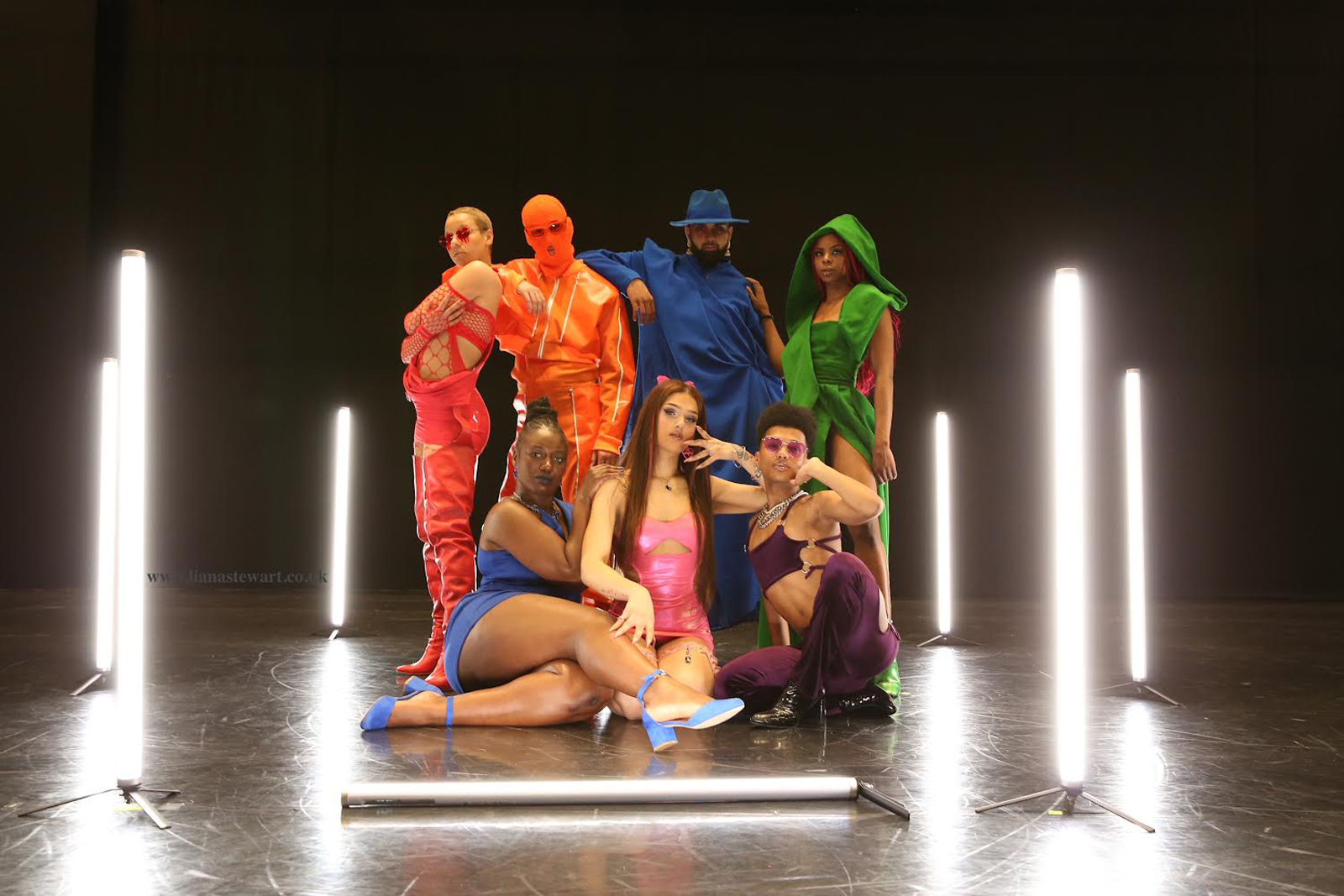 Photographer - Liana Stewart
Photographer - Liana Stewart
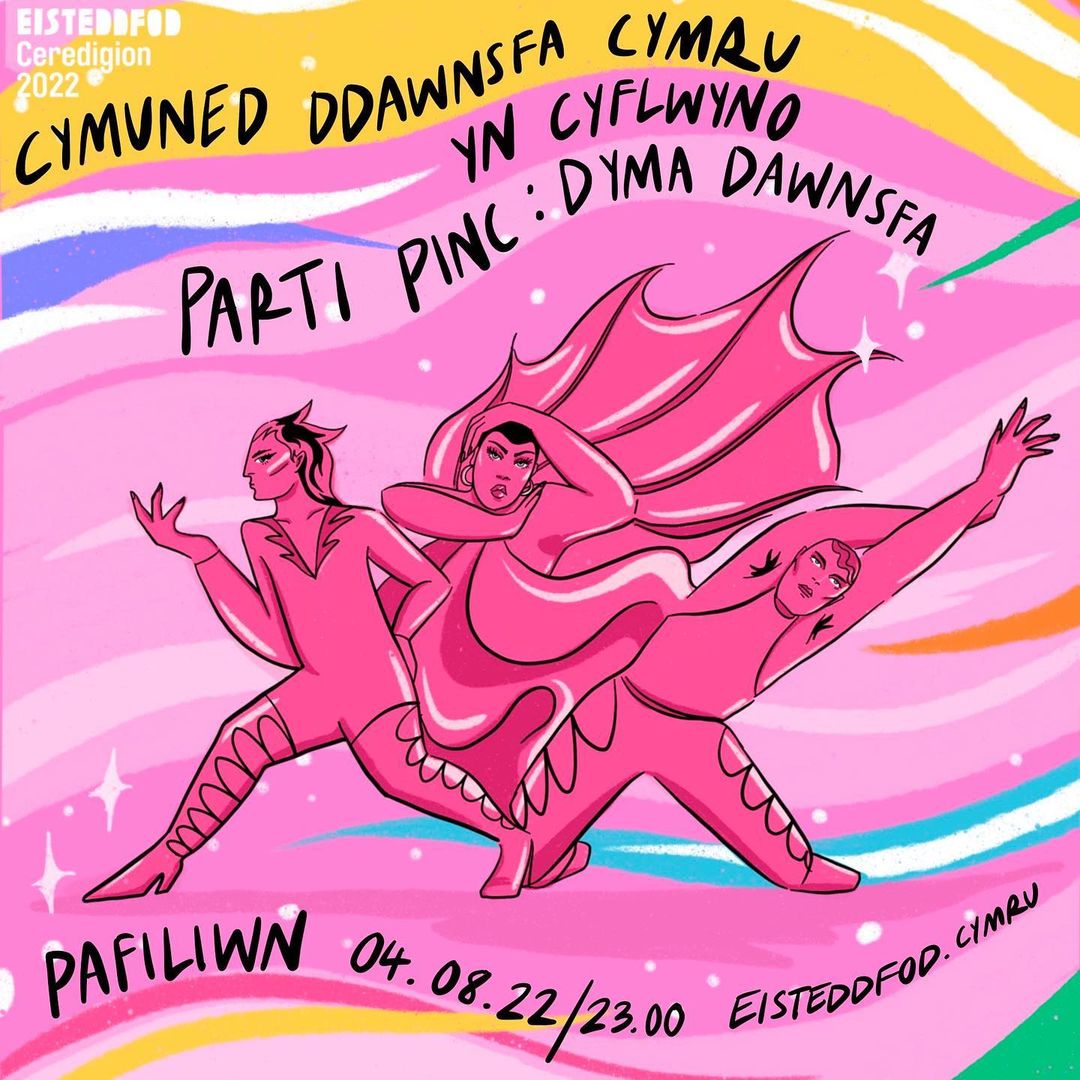
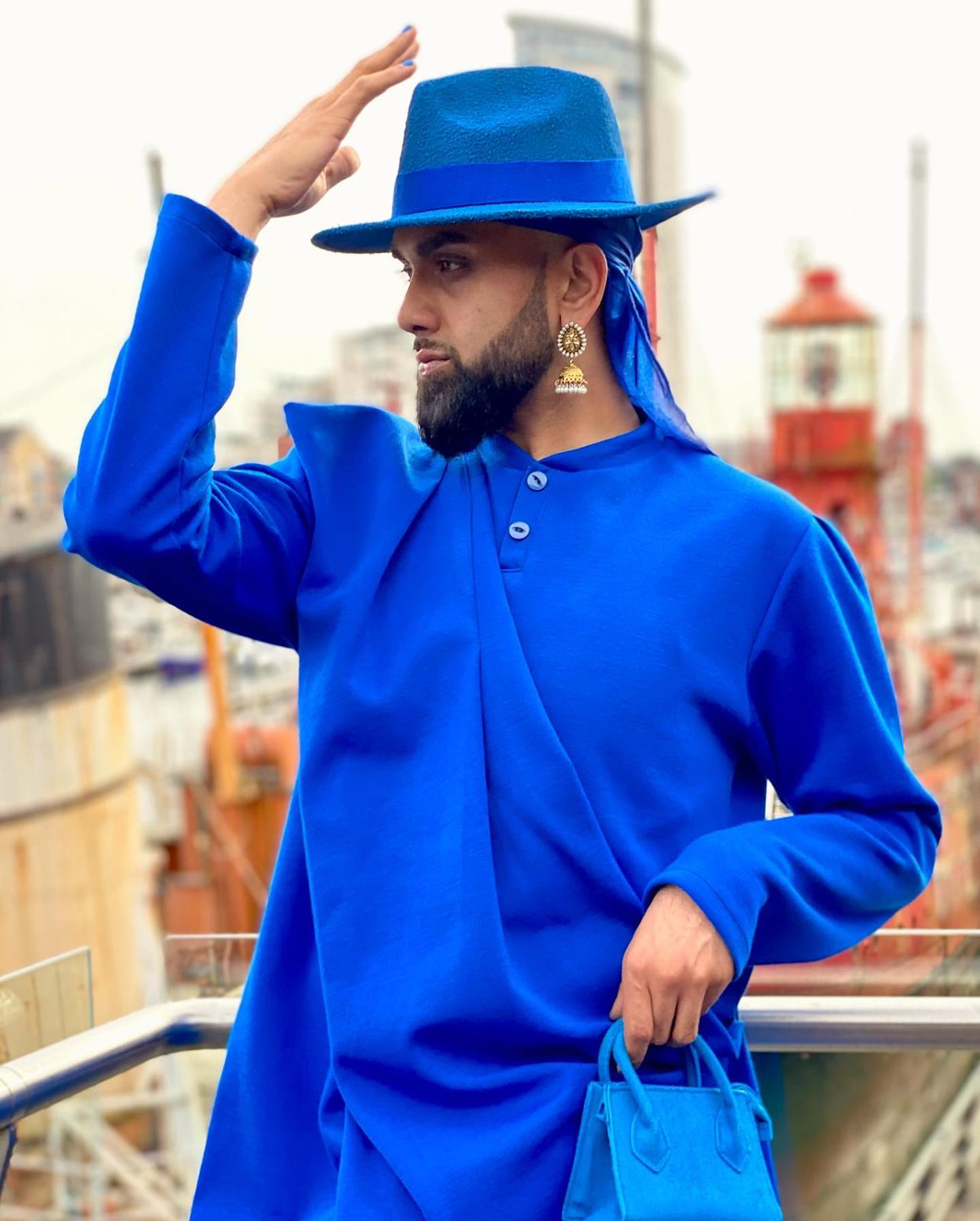 Photographer - Muz Ra
Photographer - Muz Ra
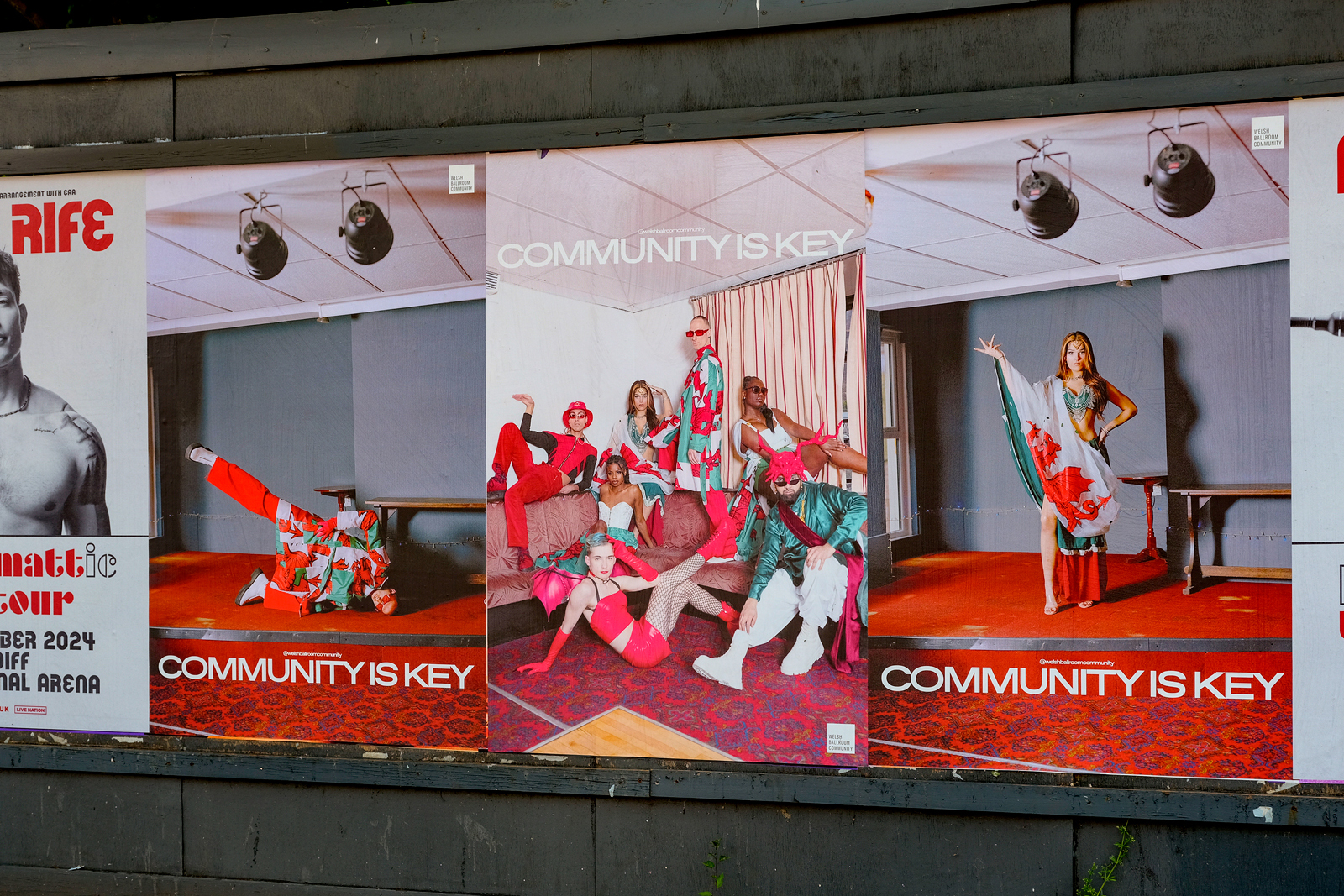
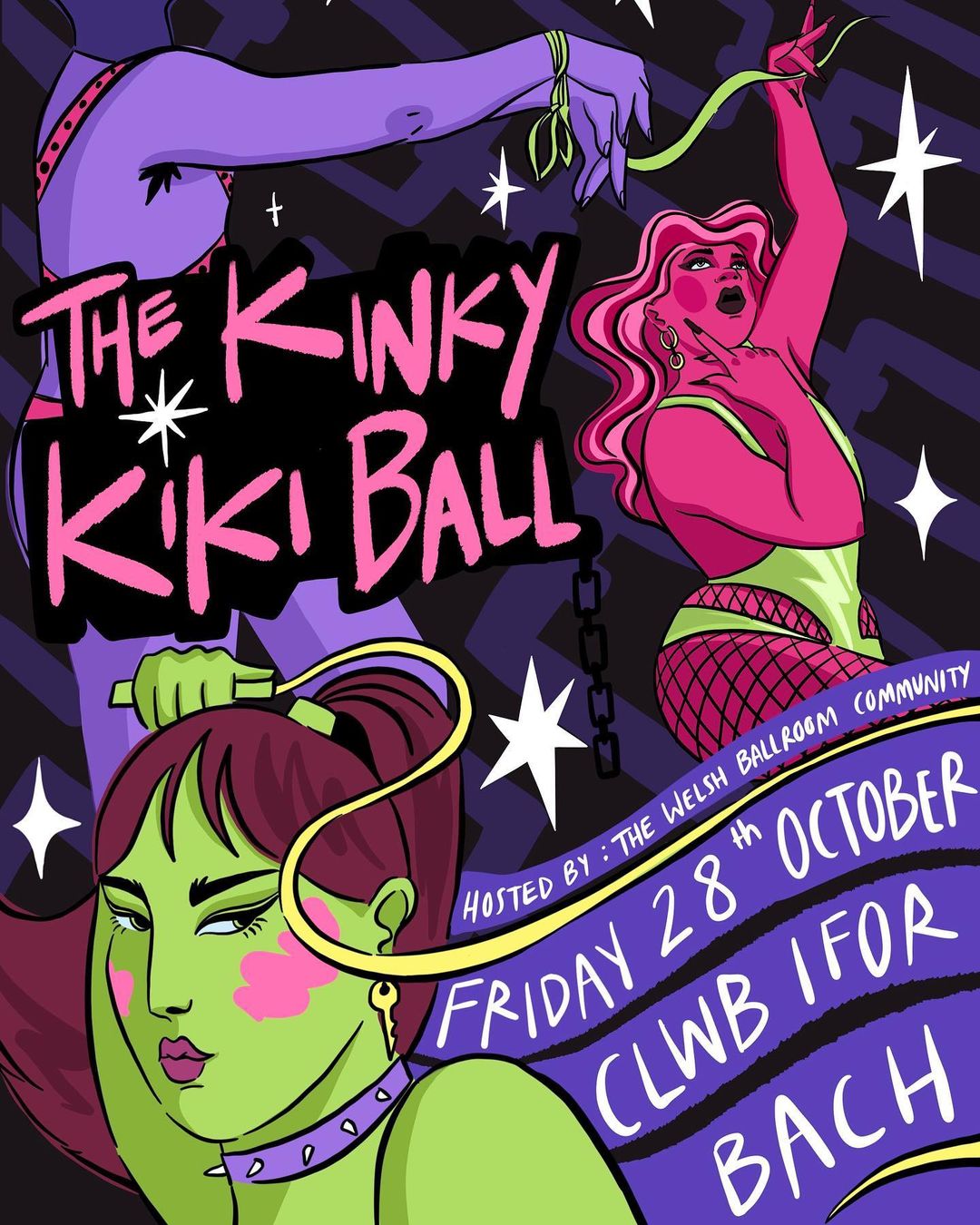
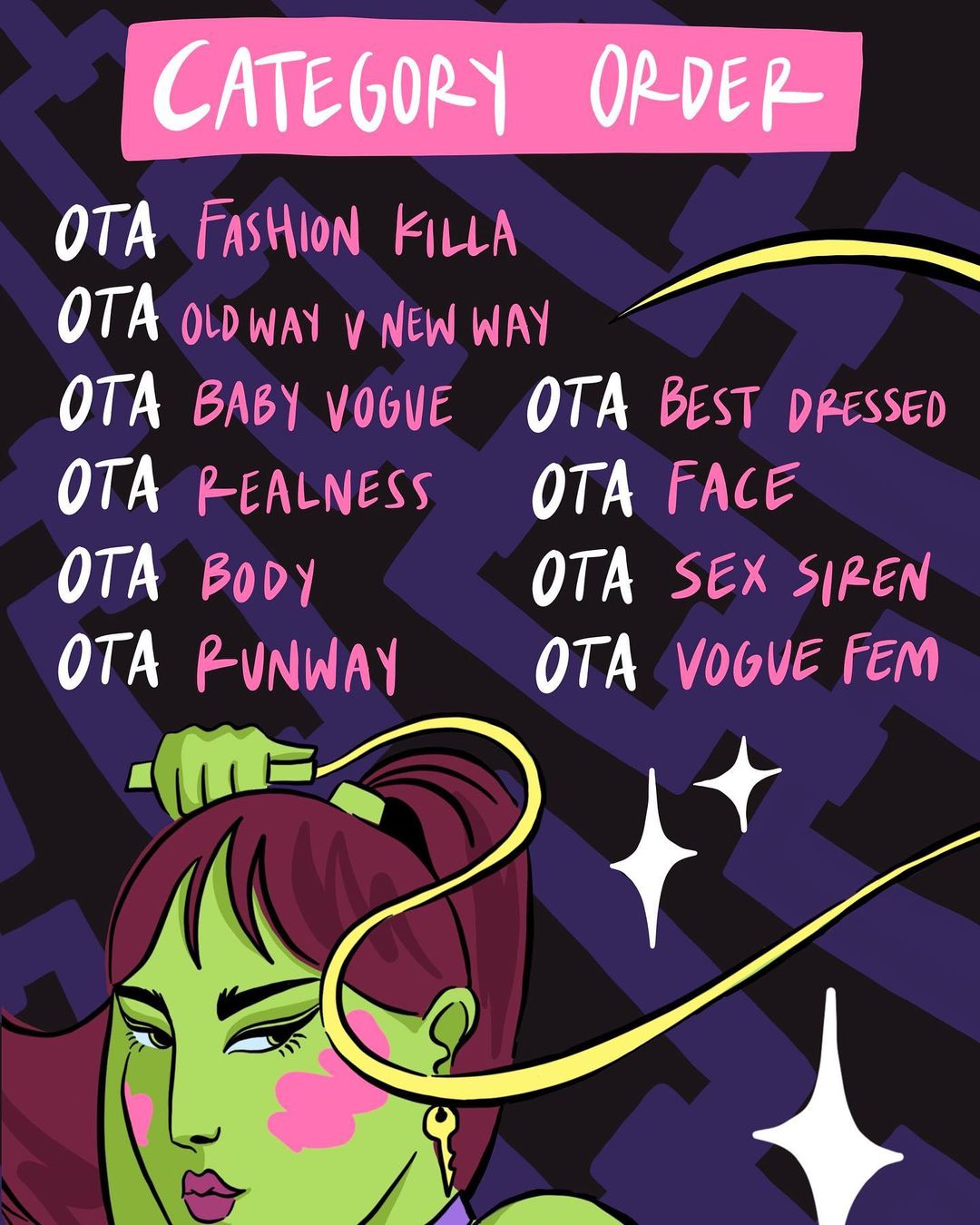
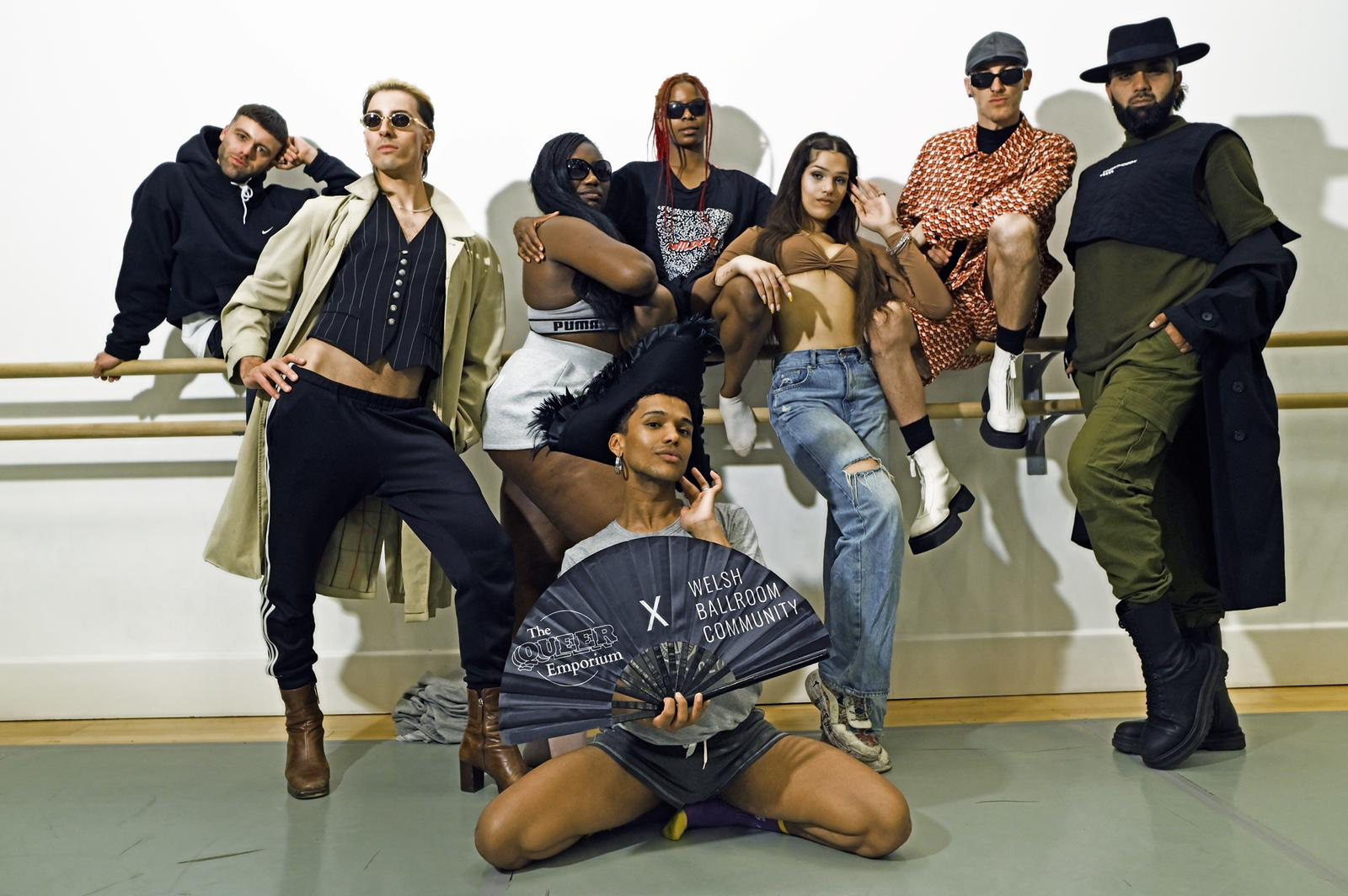
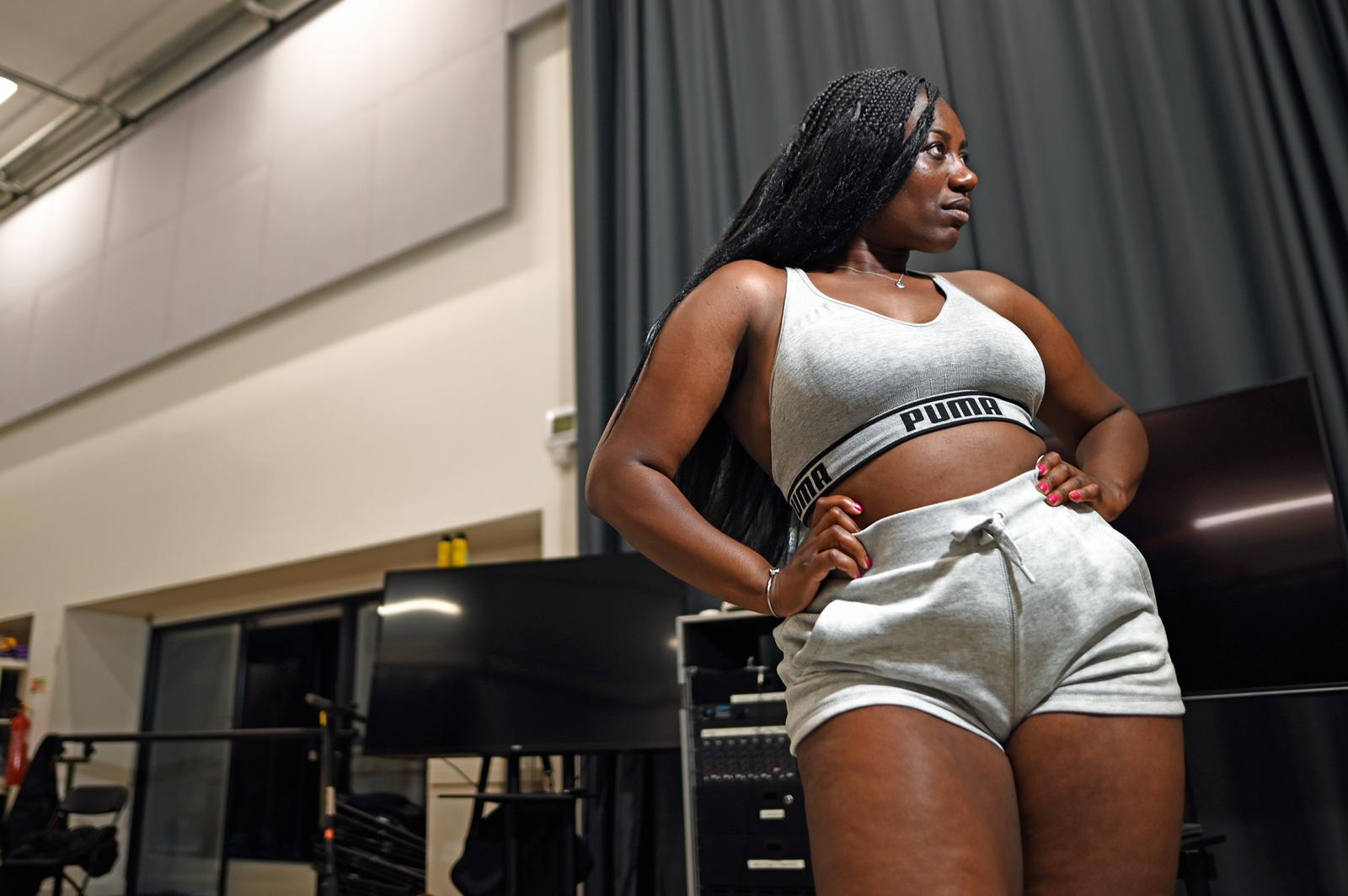
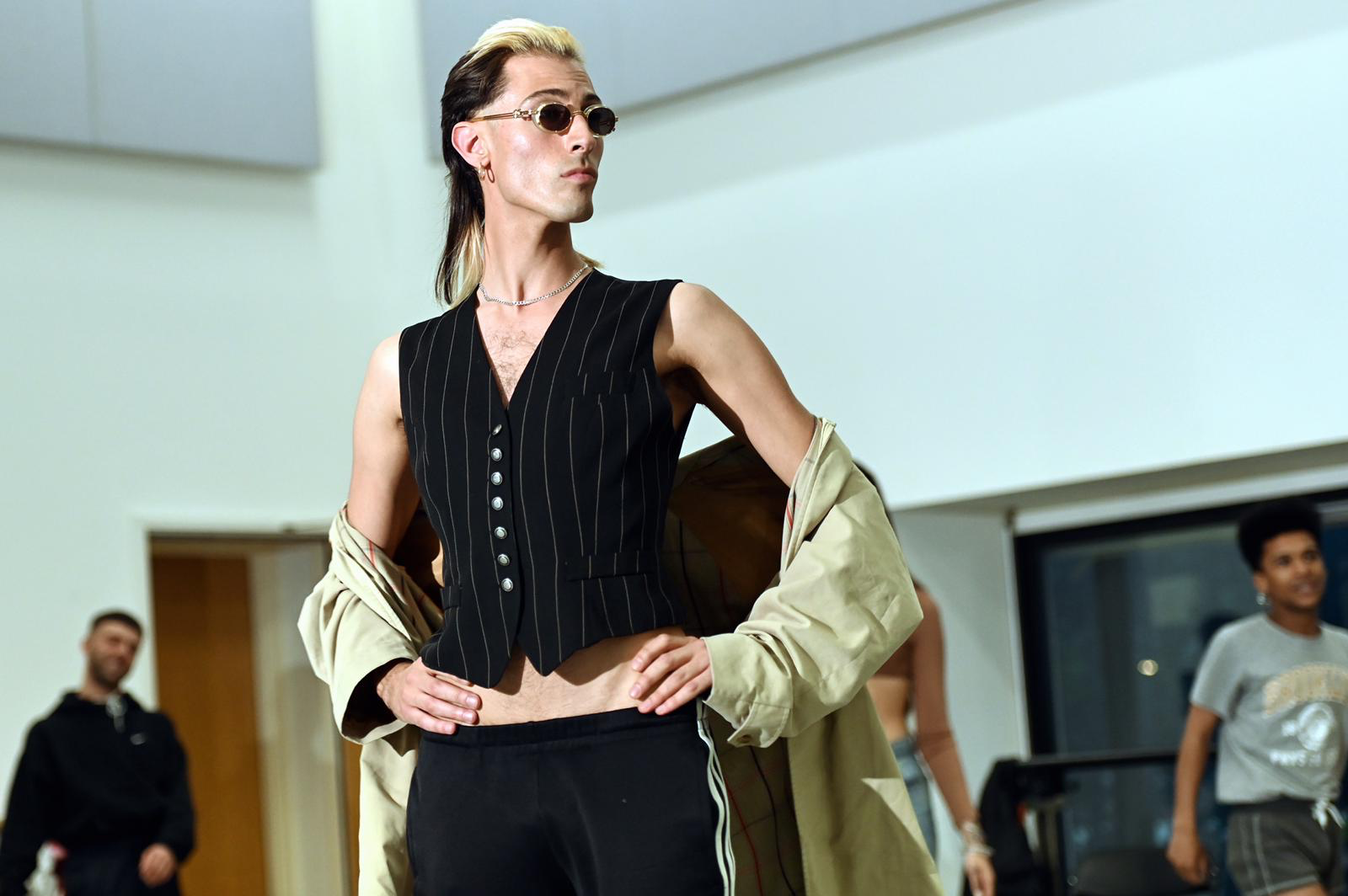
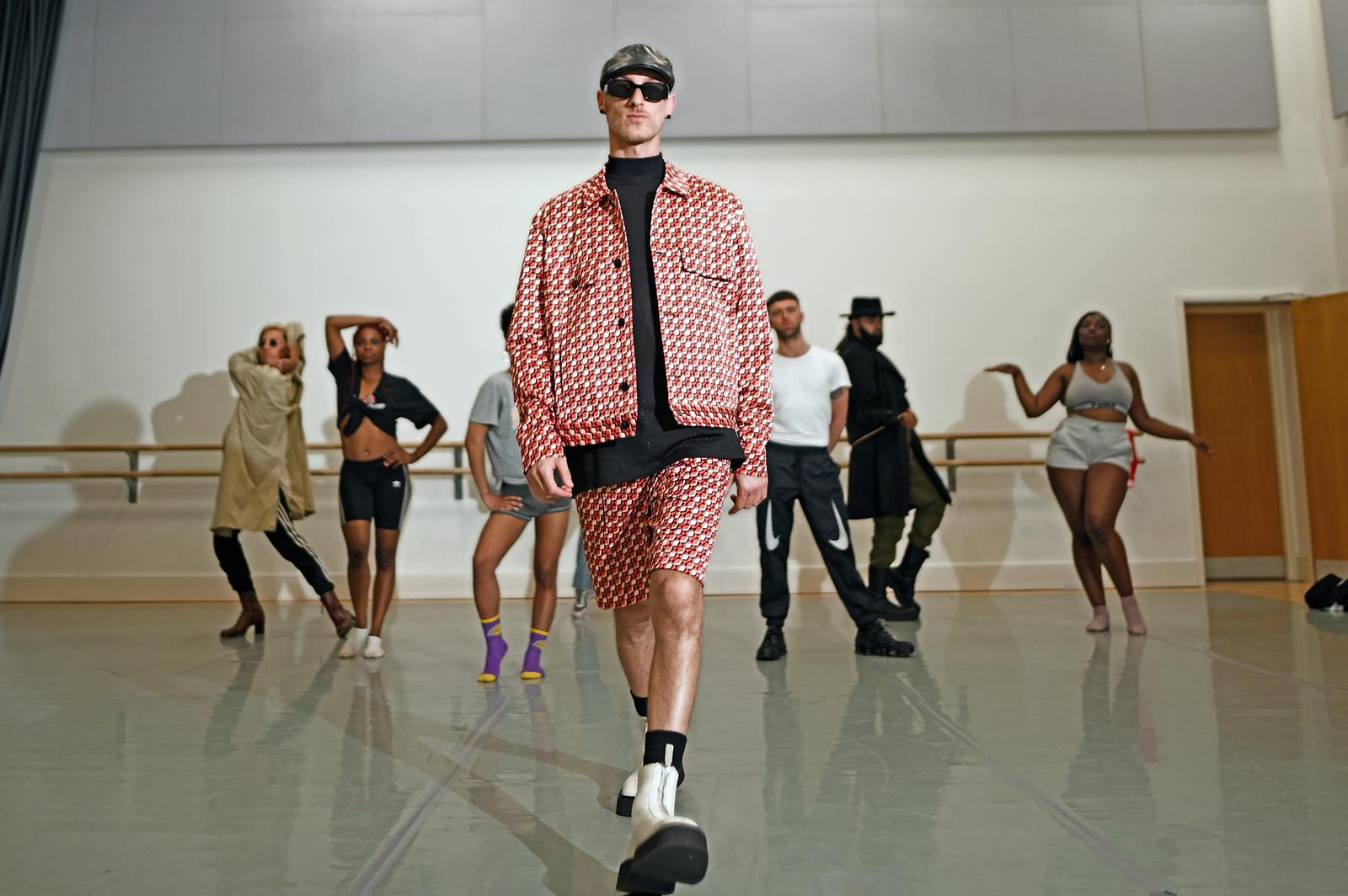
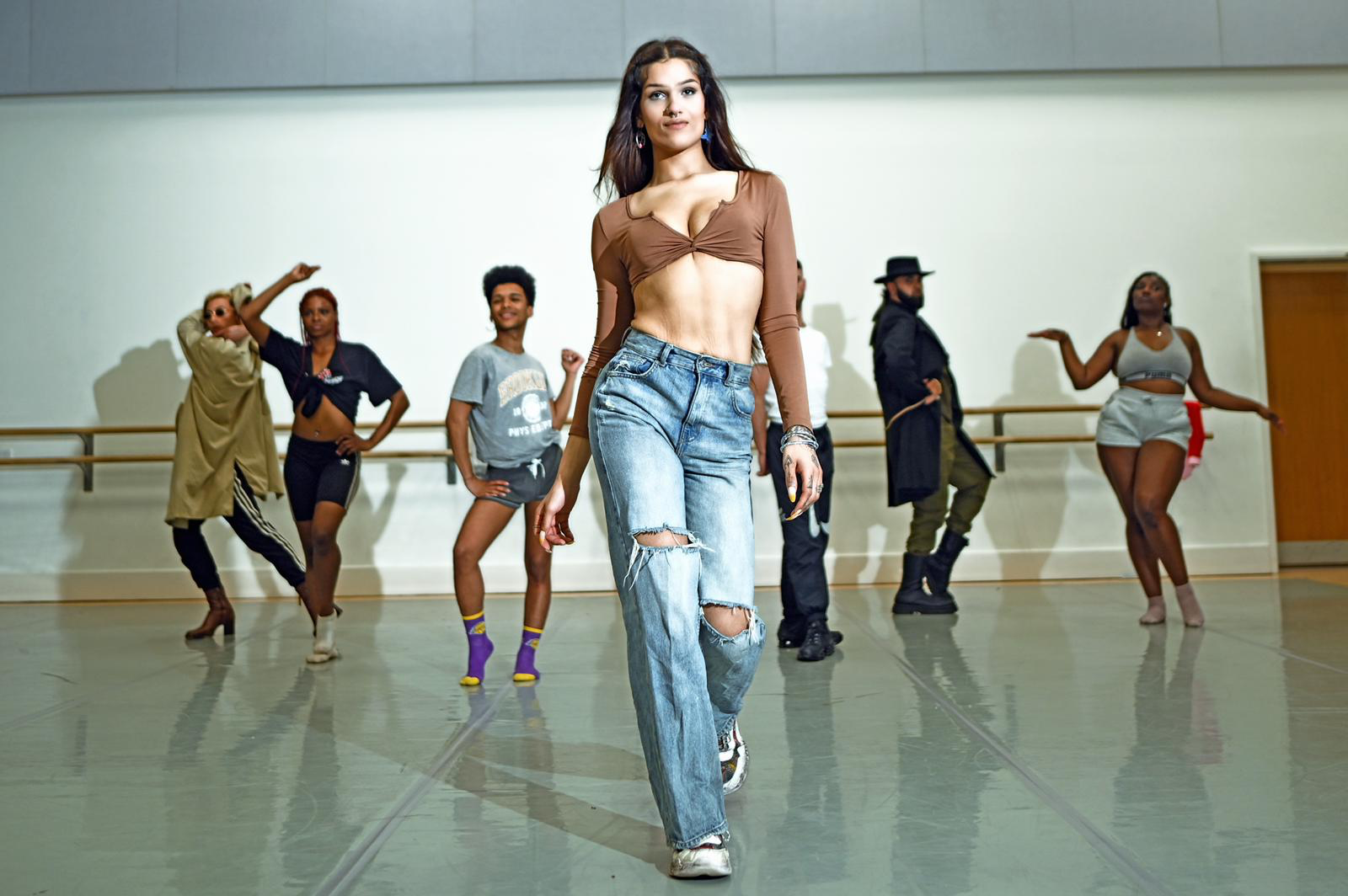
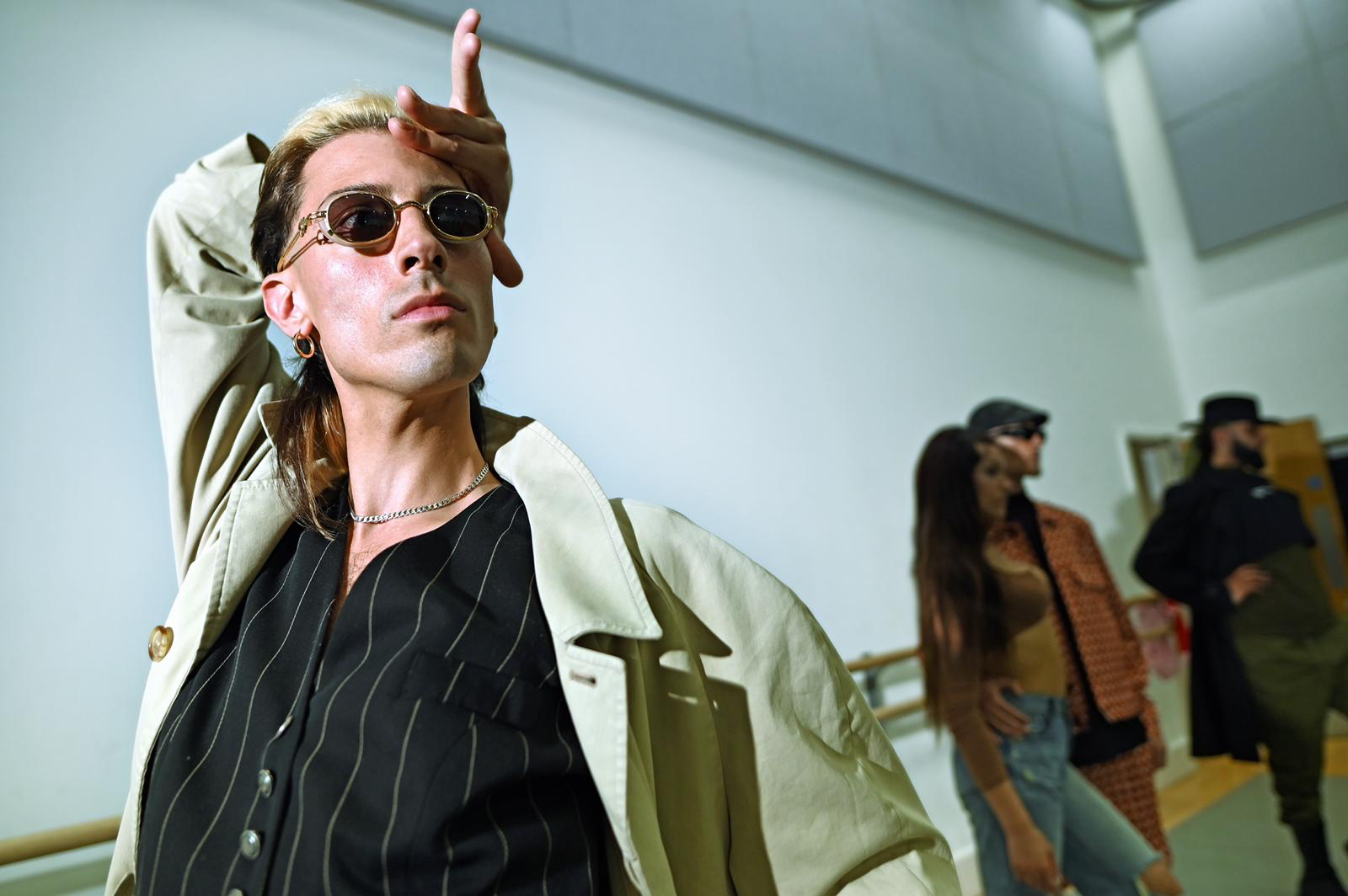 Photographer - Richard Swingler
Photographer - Richard Swingler
